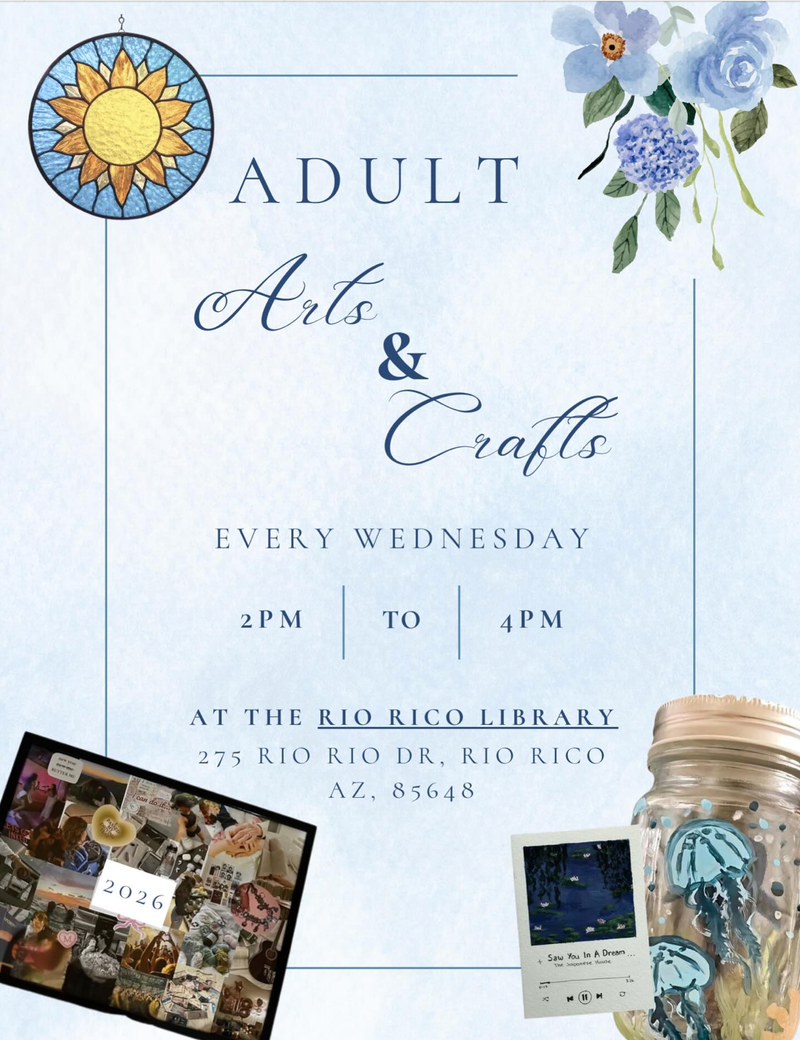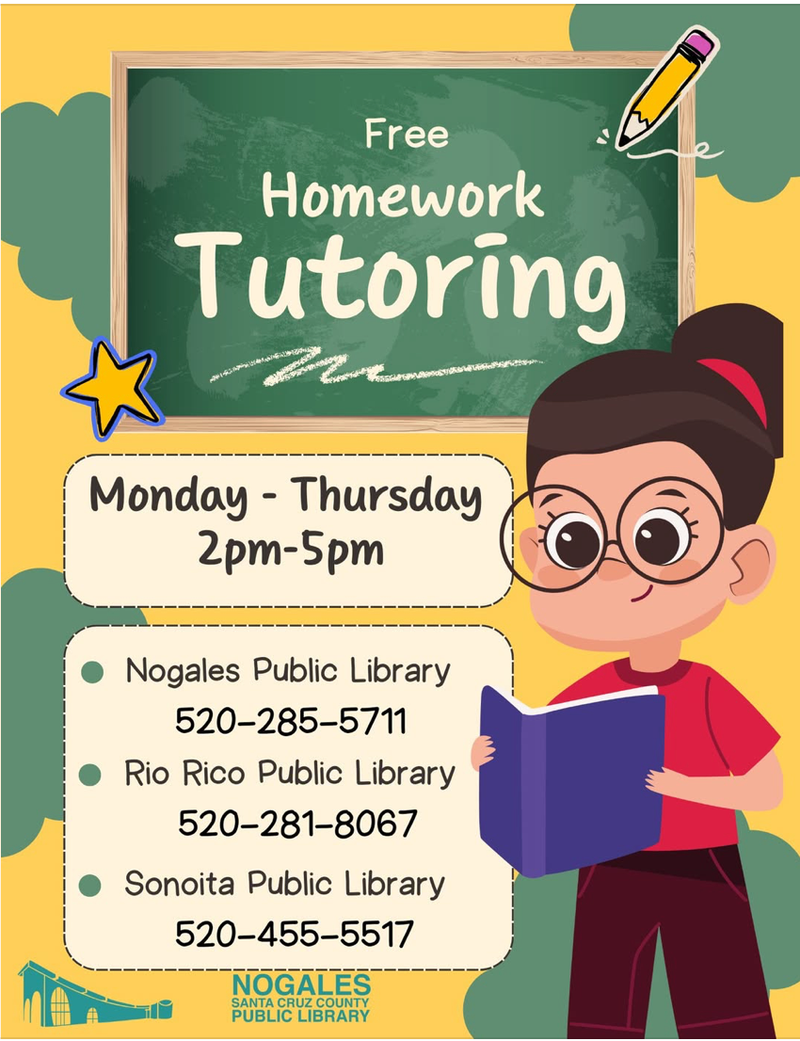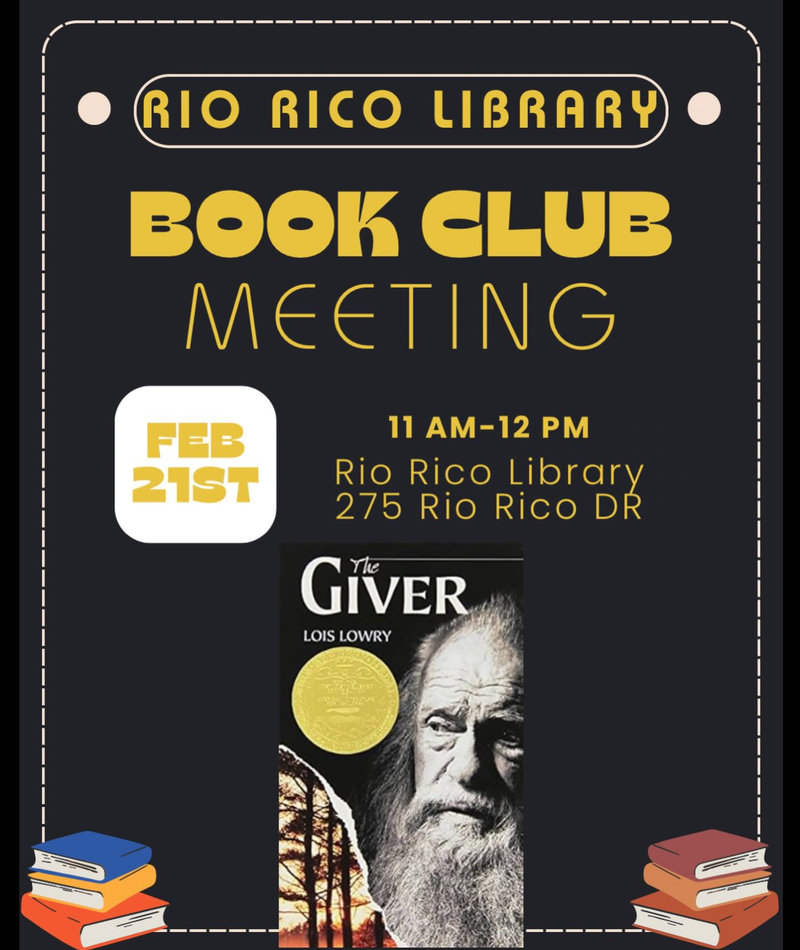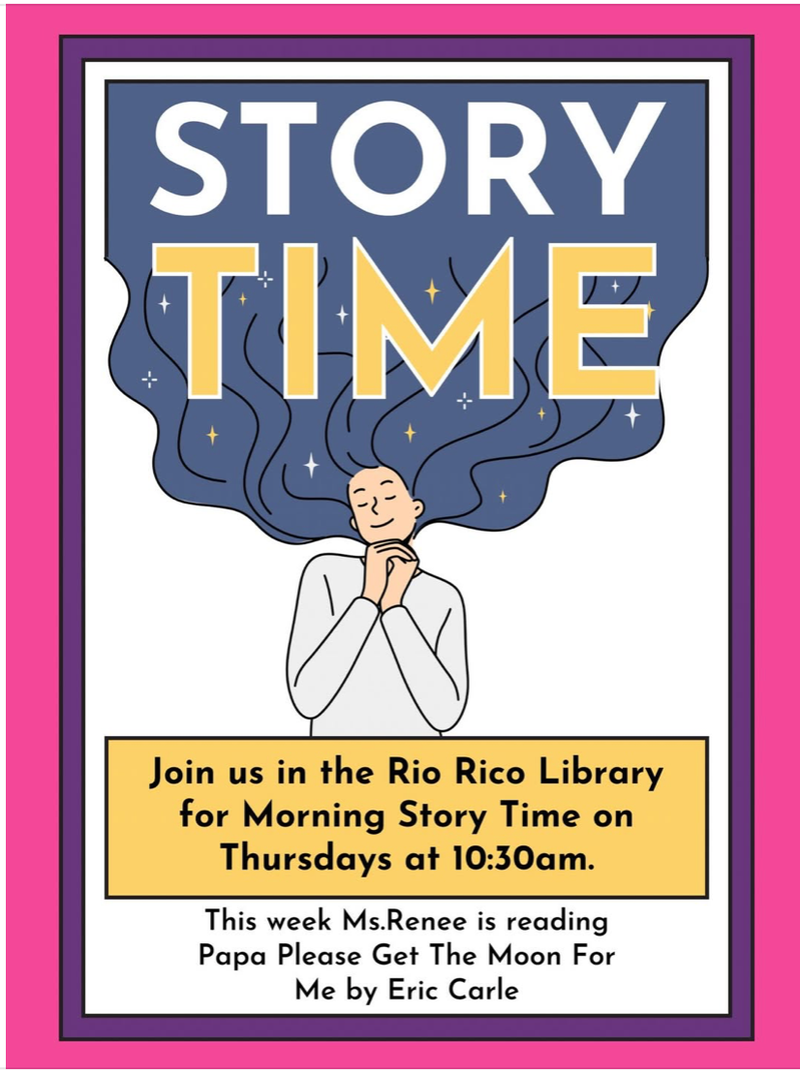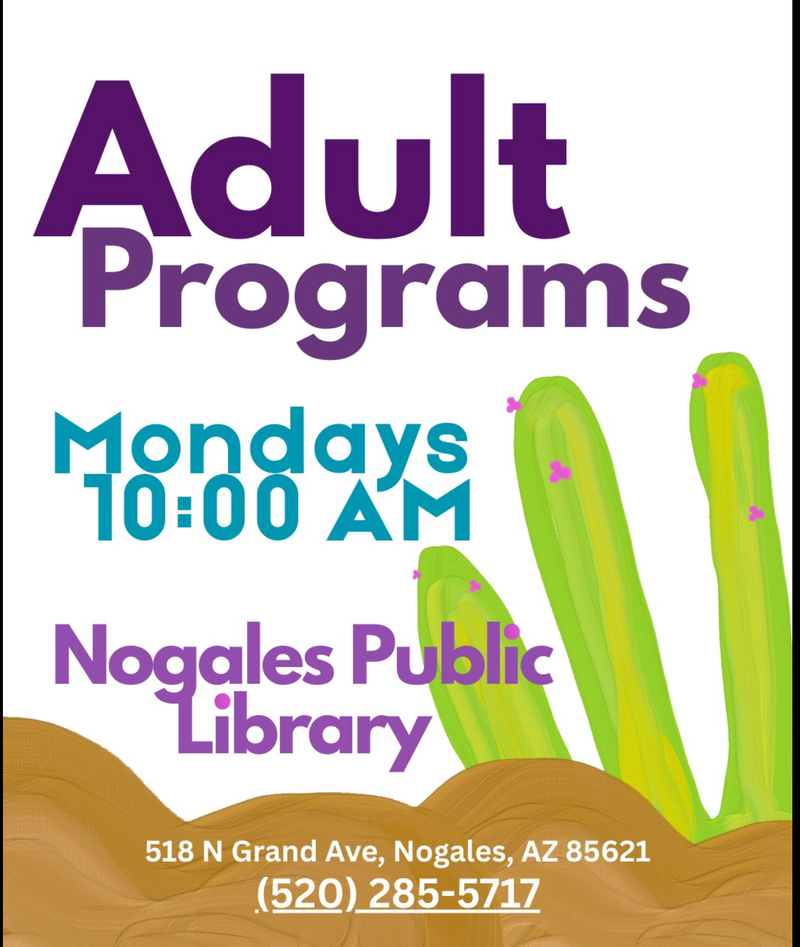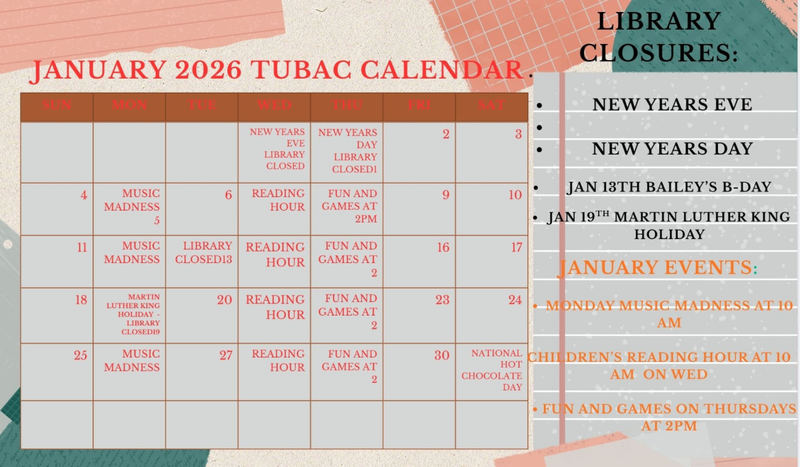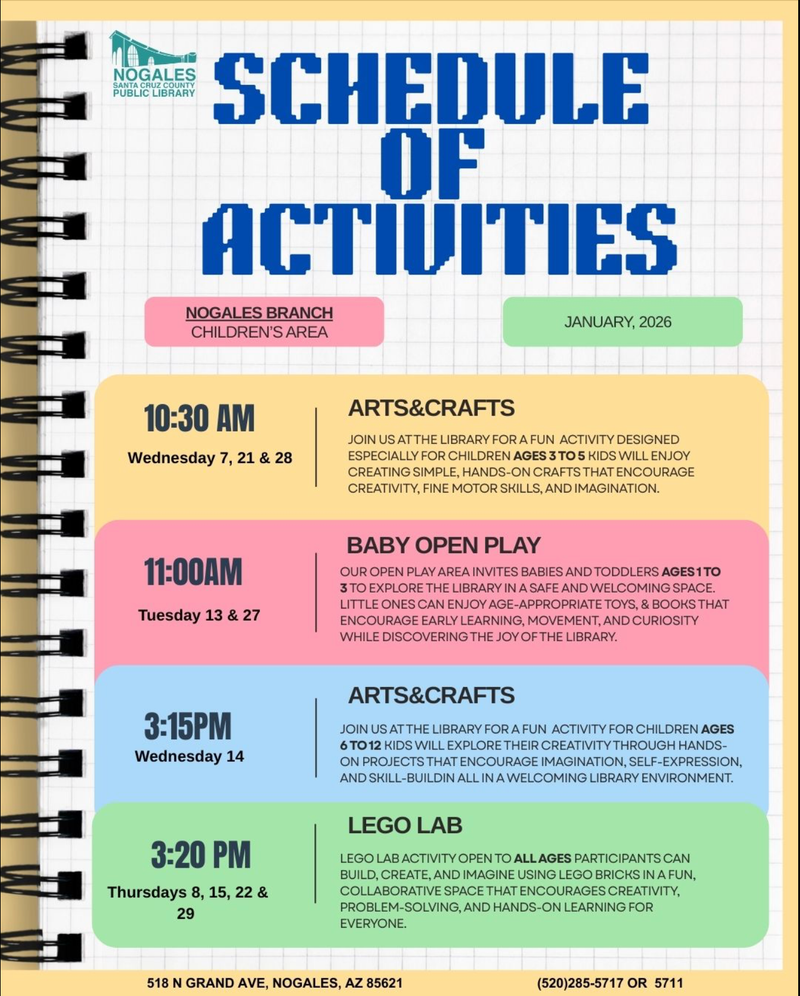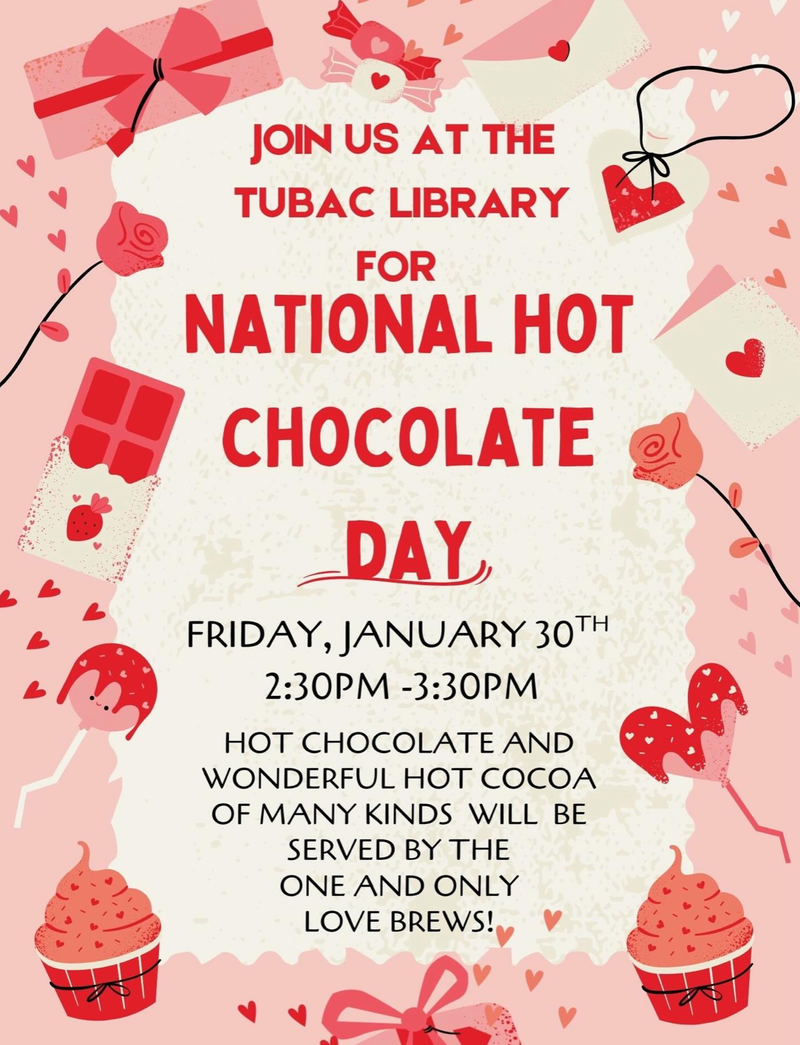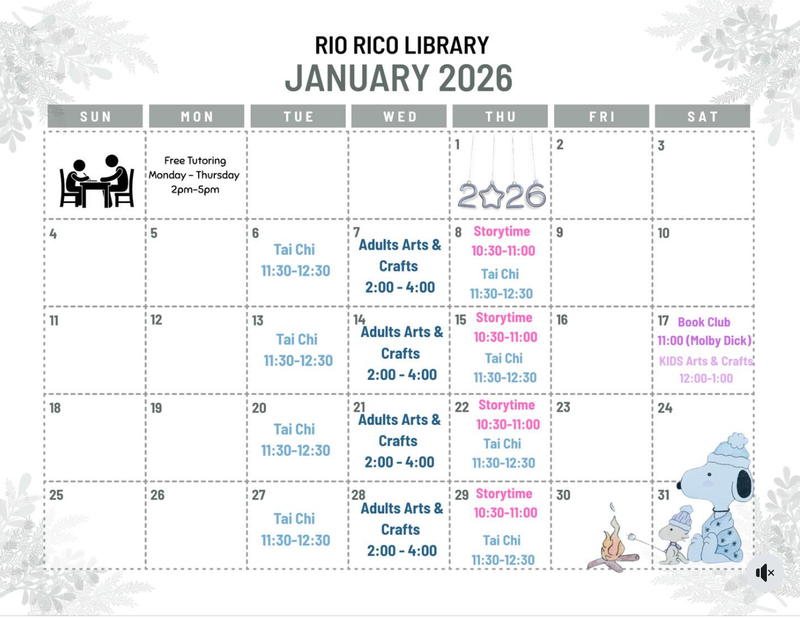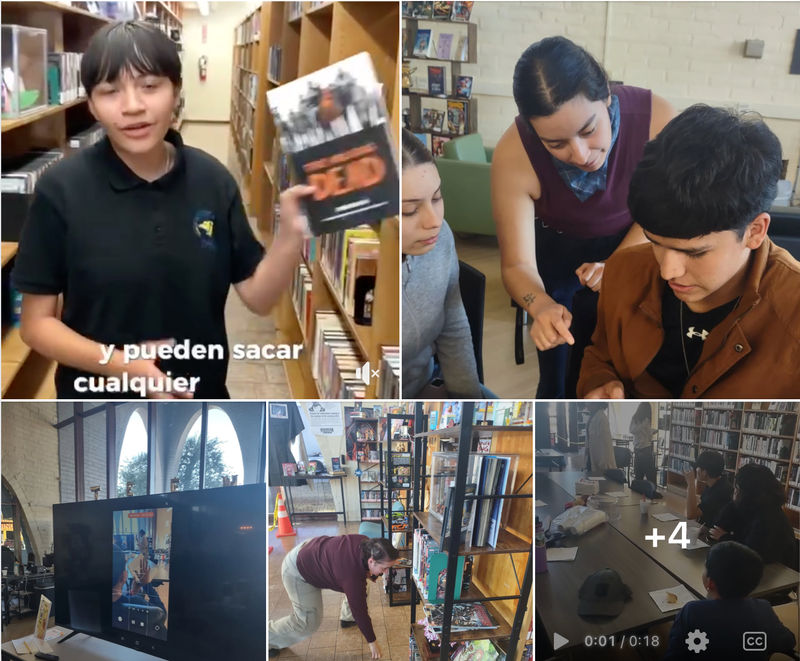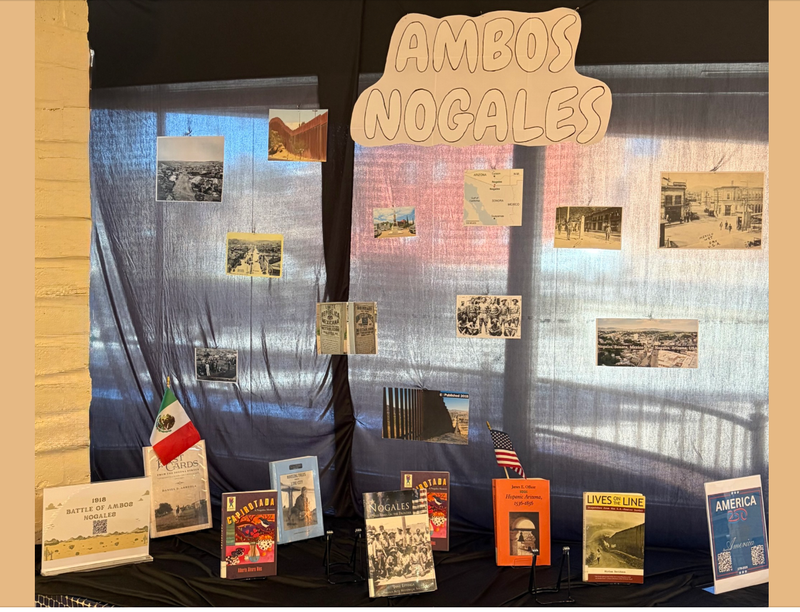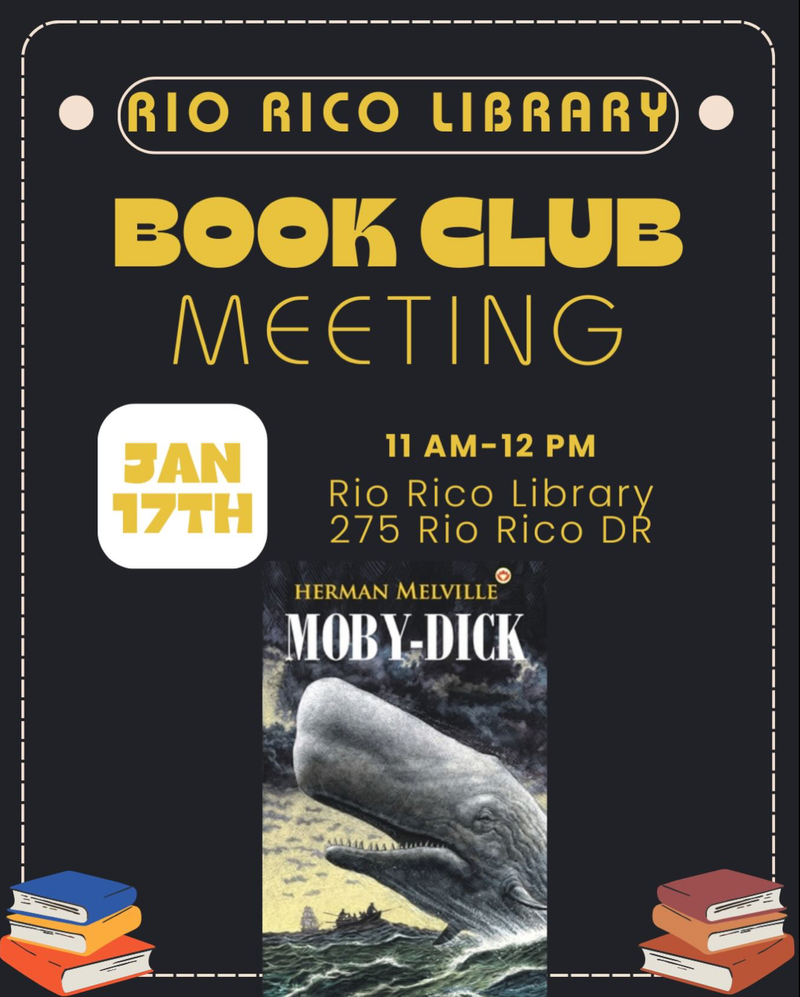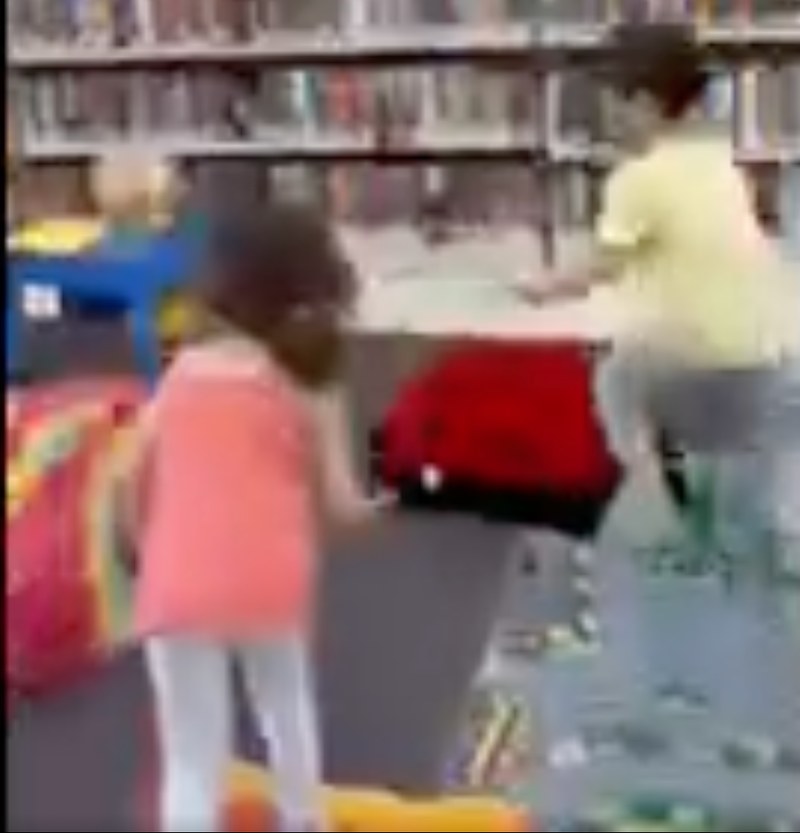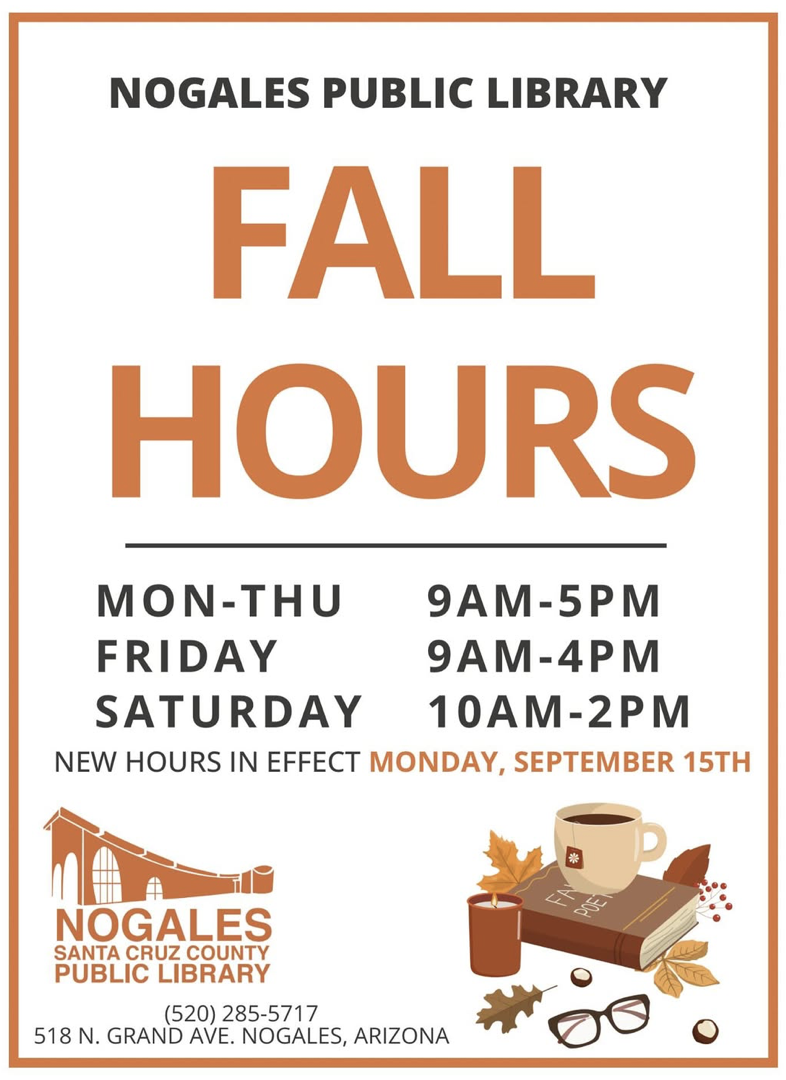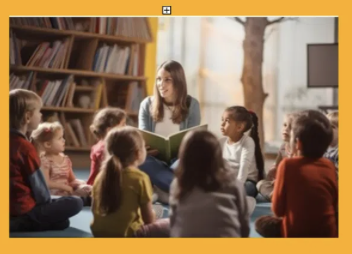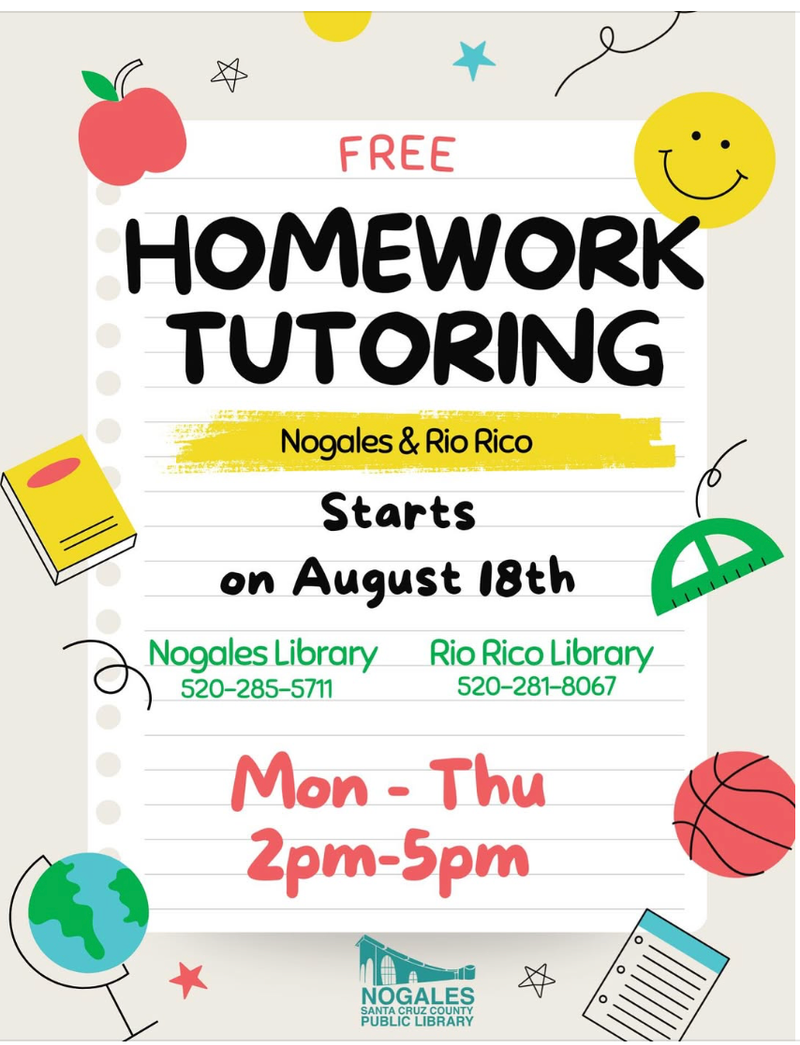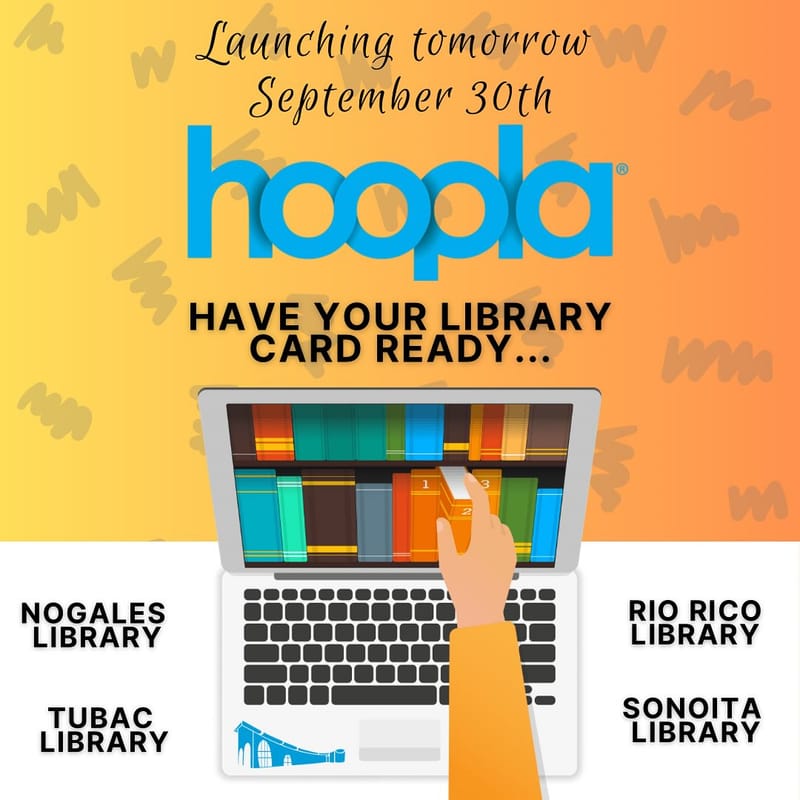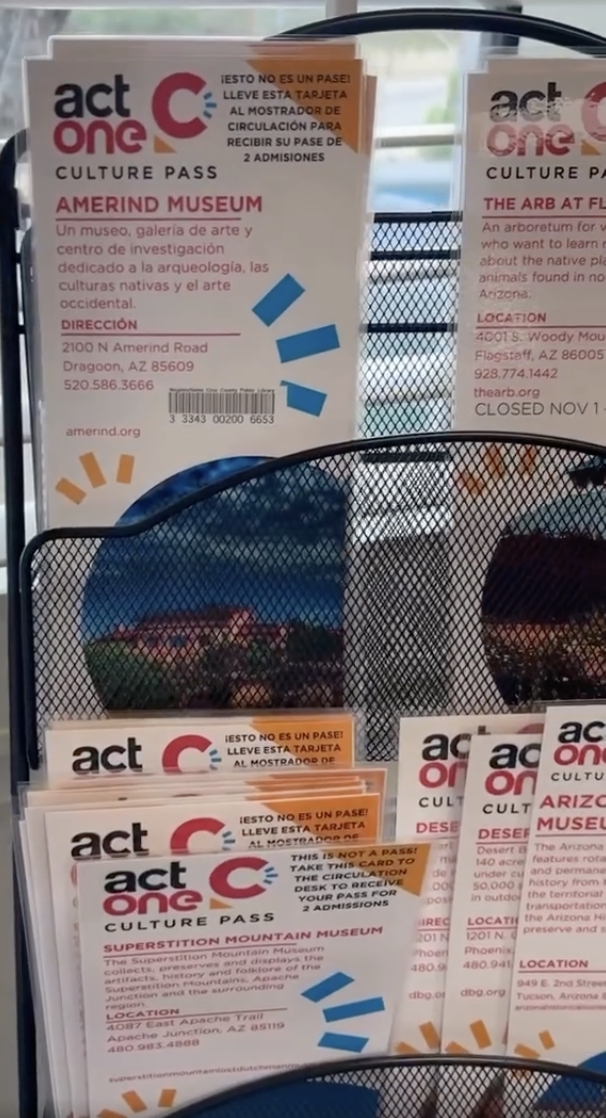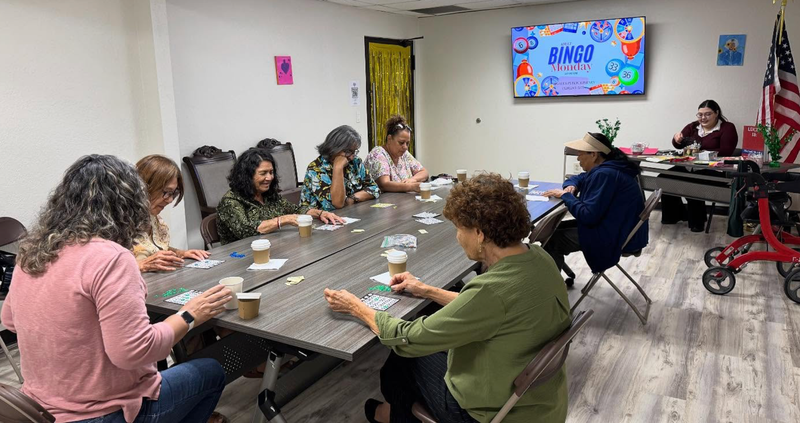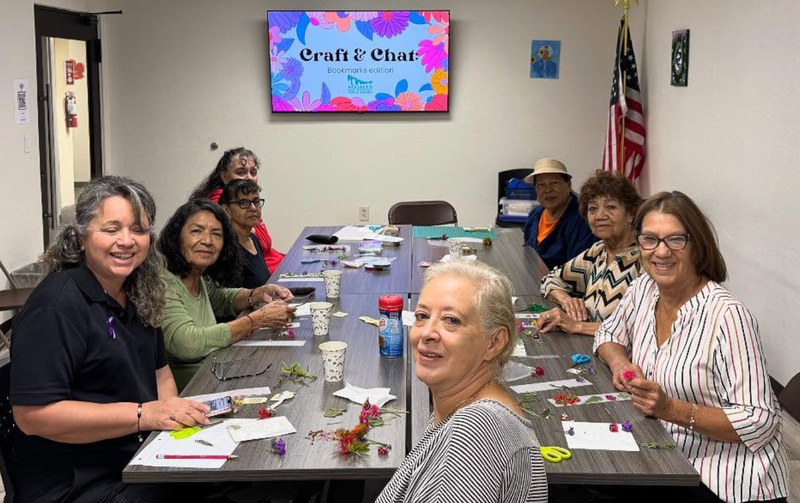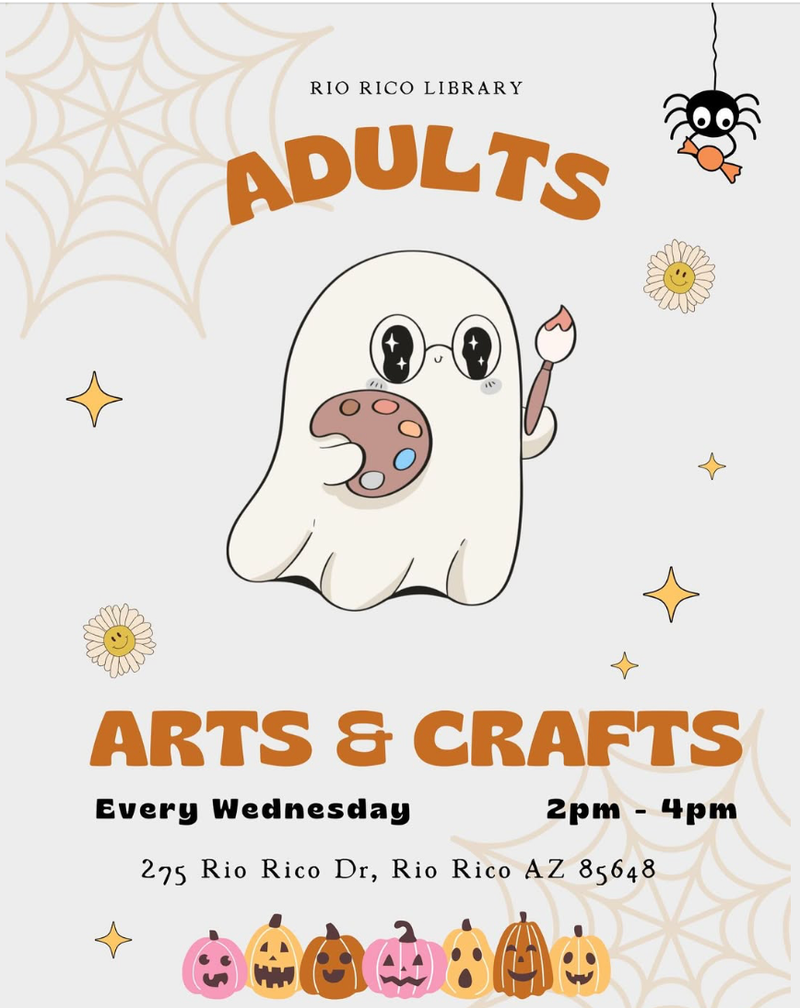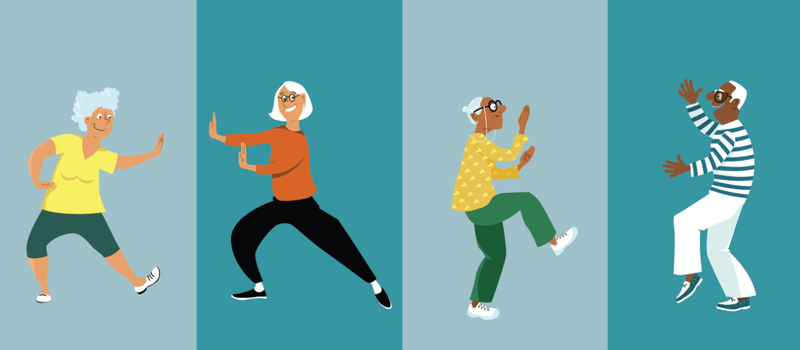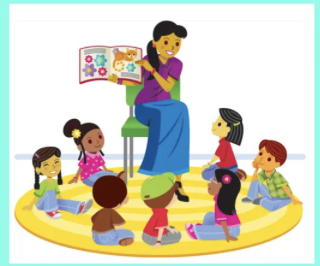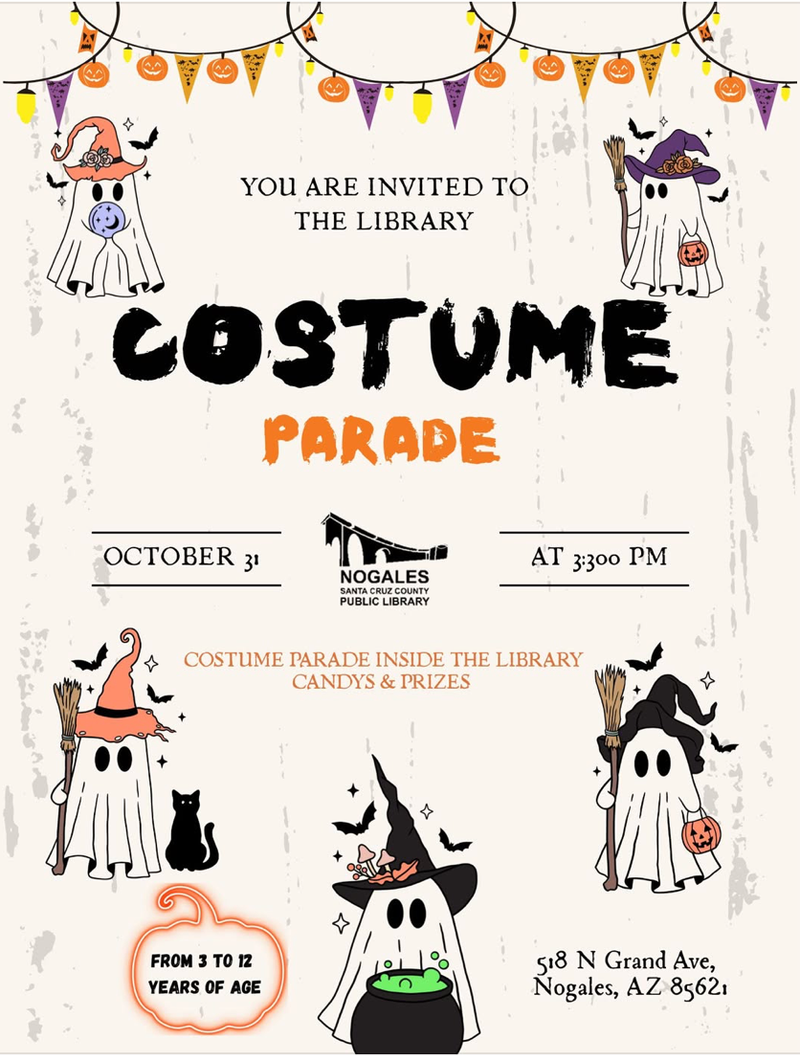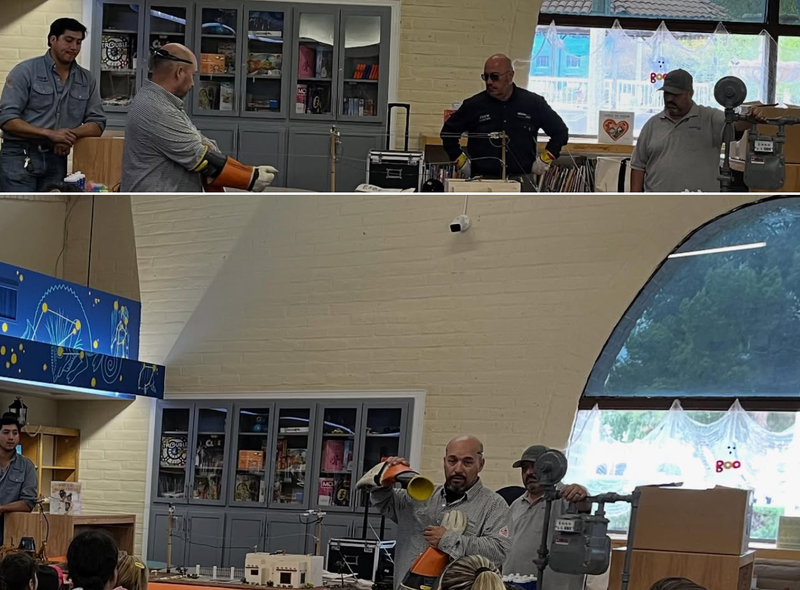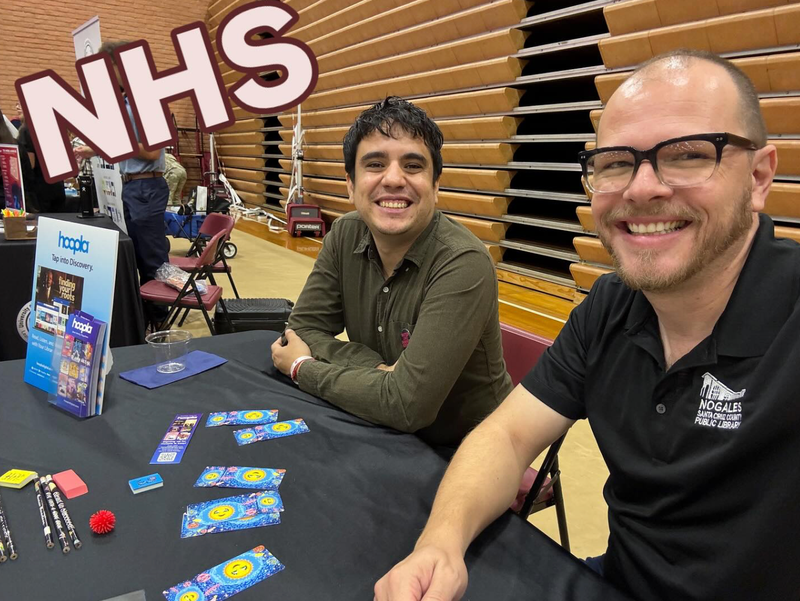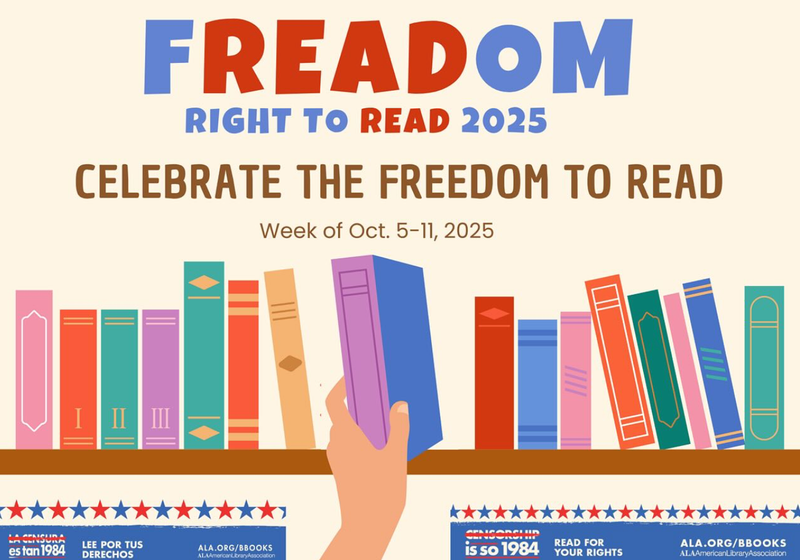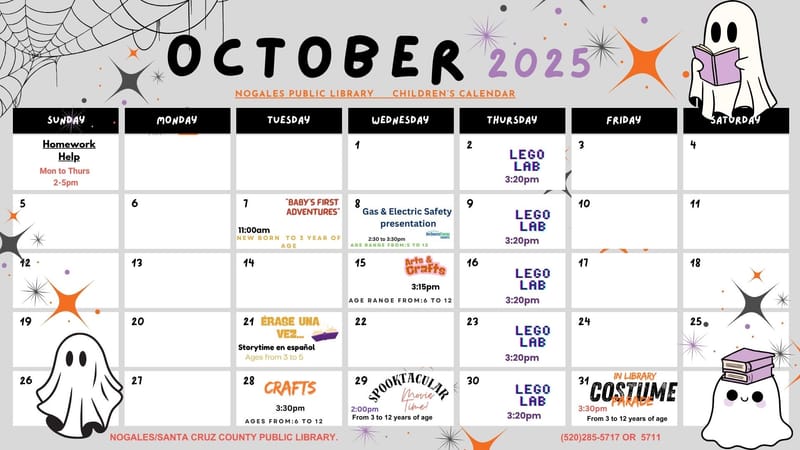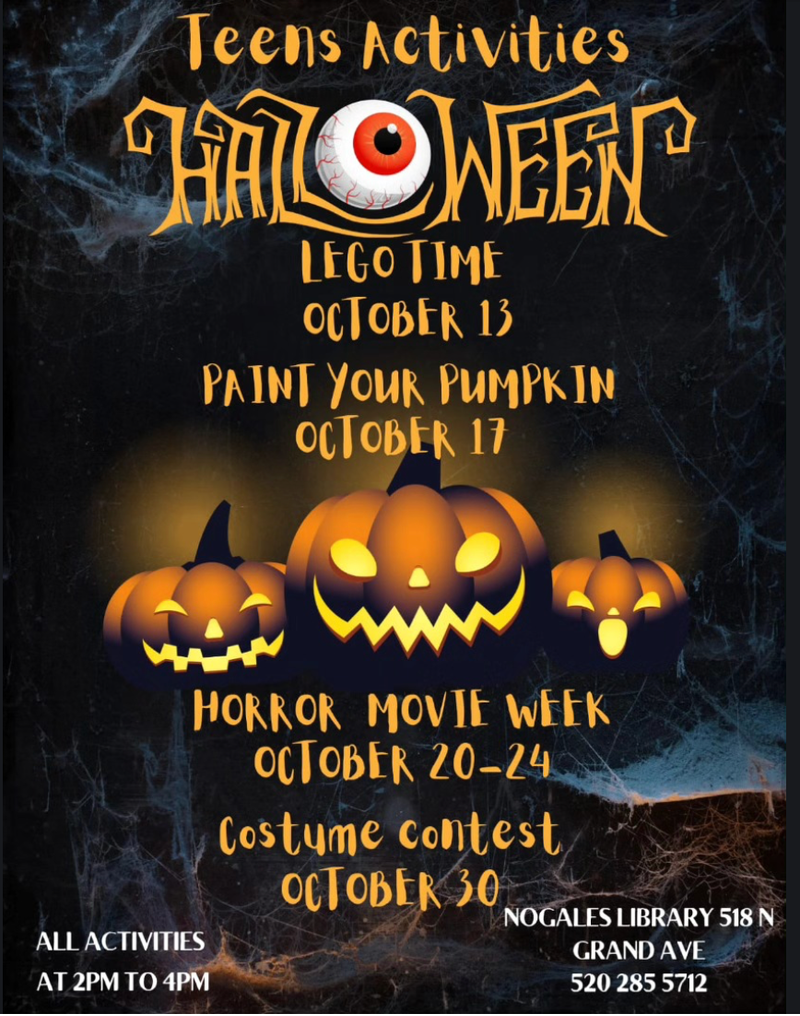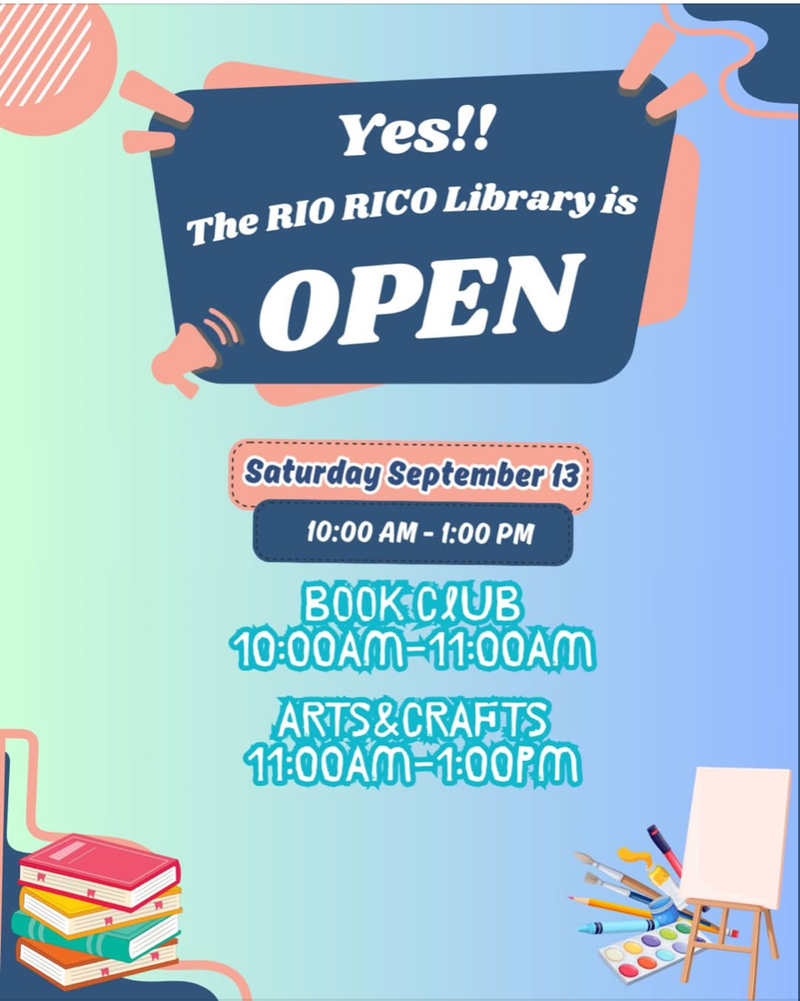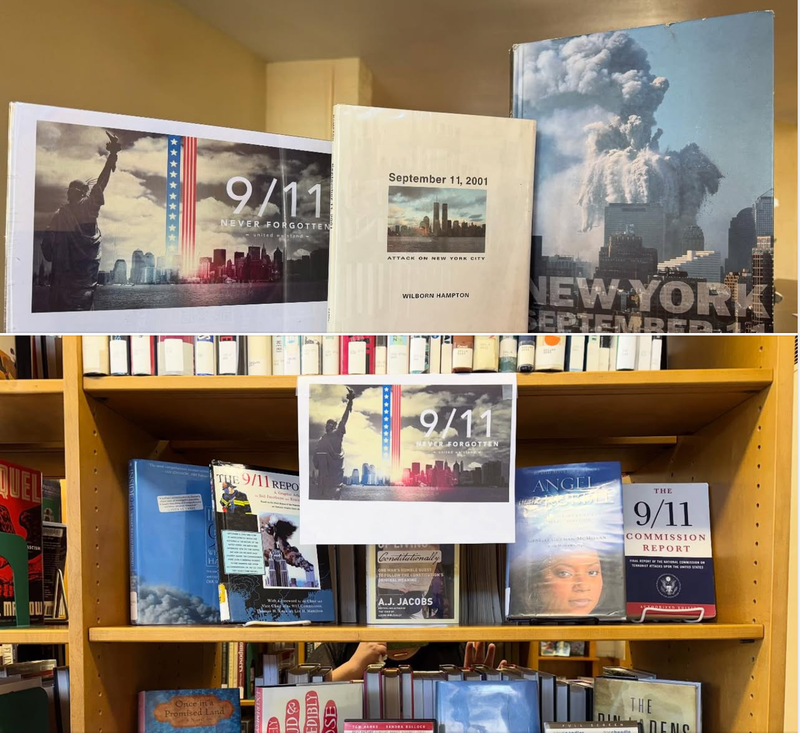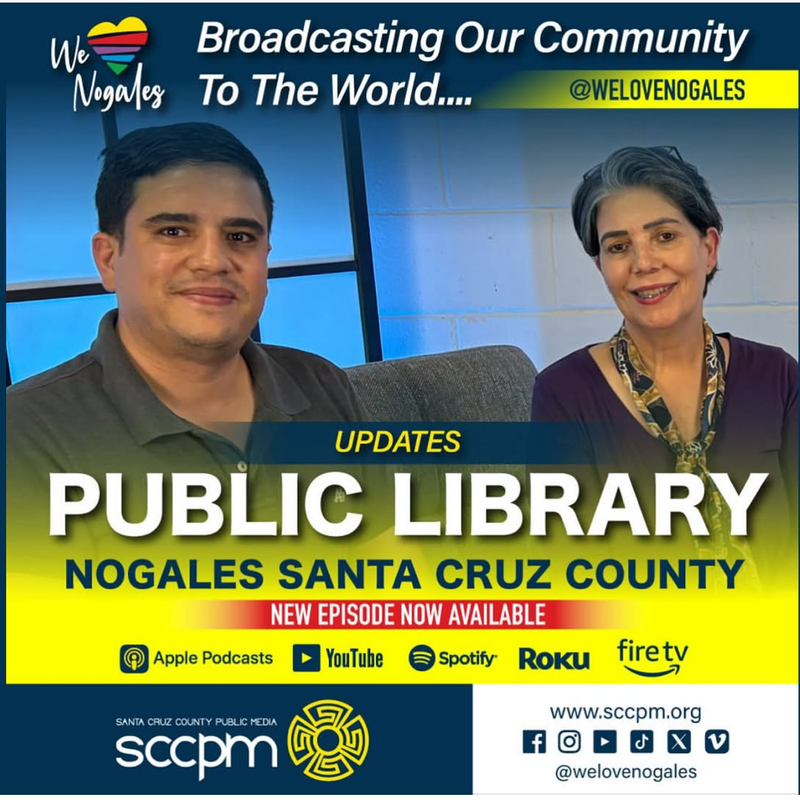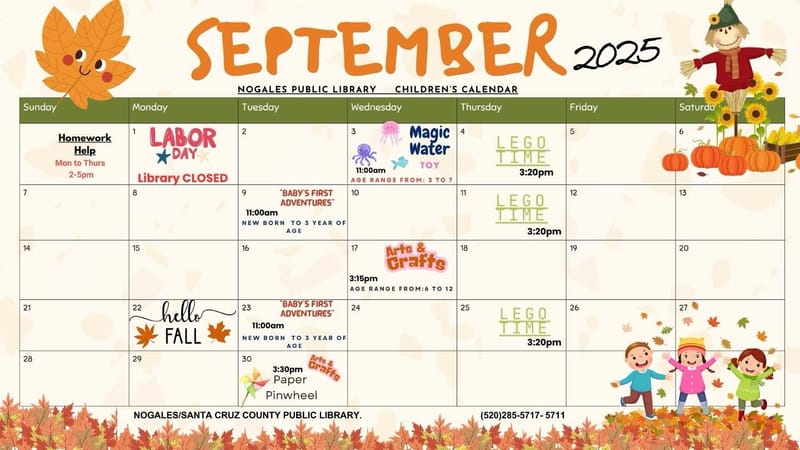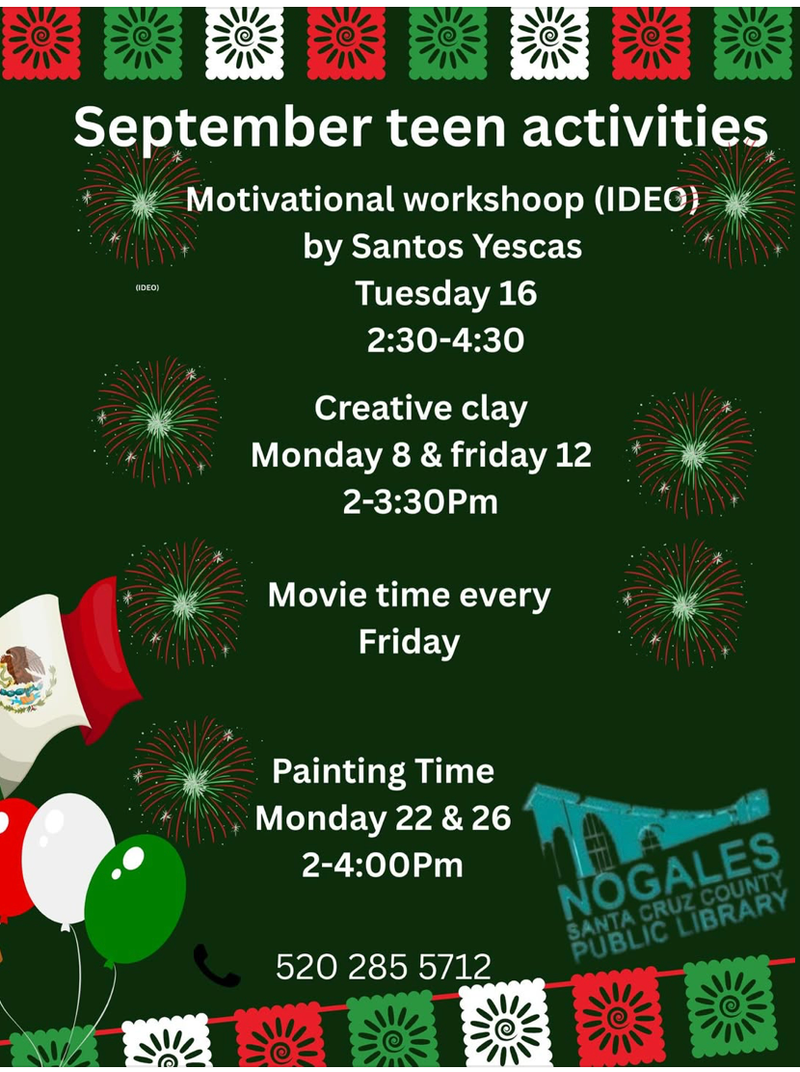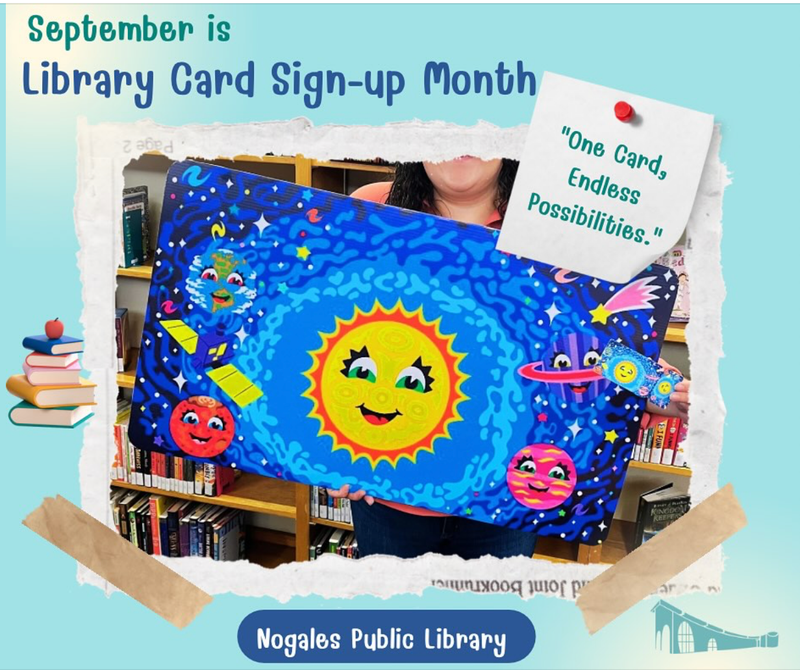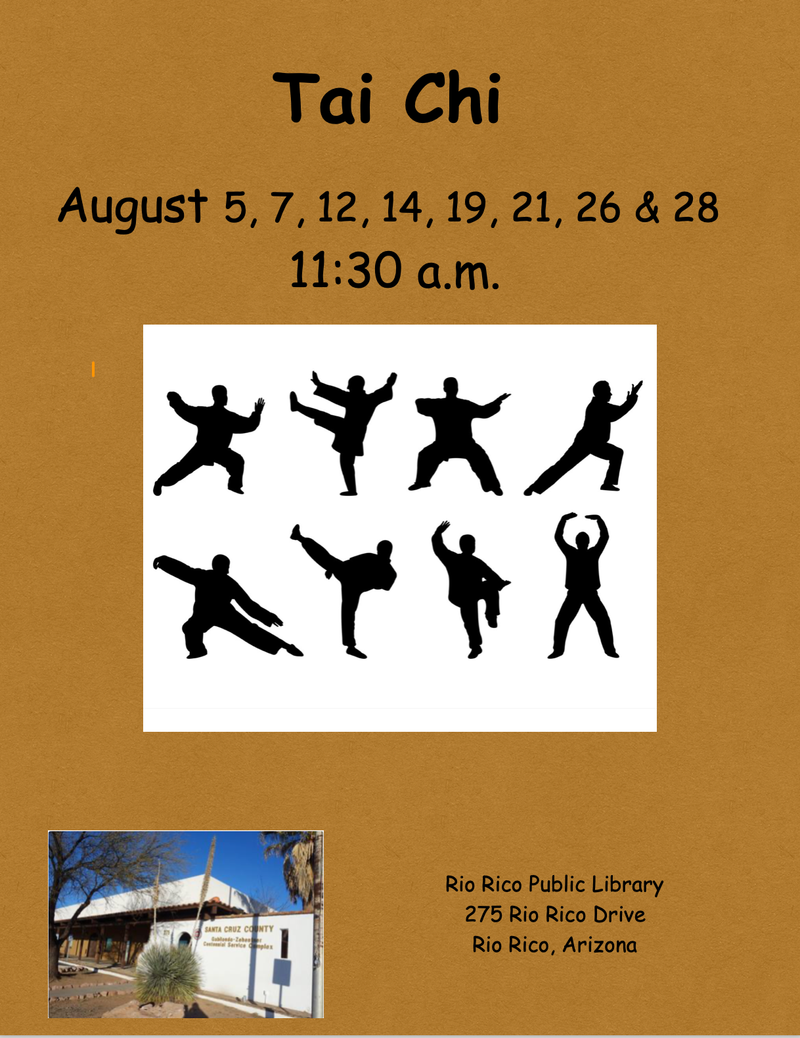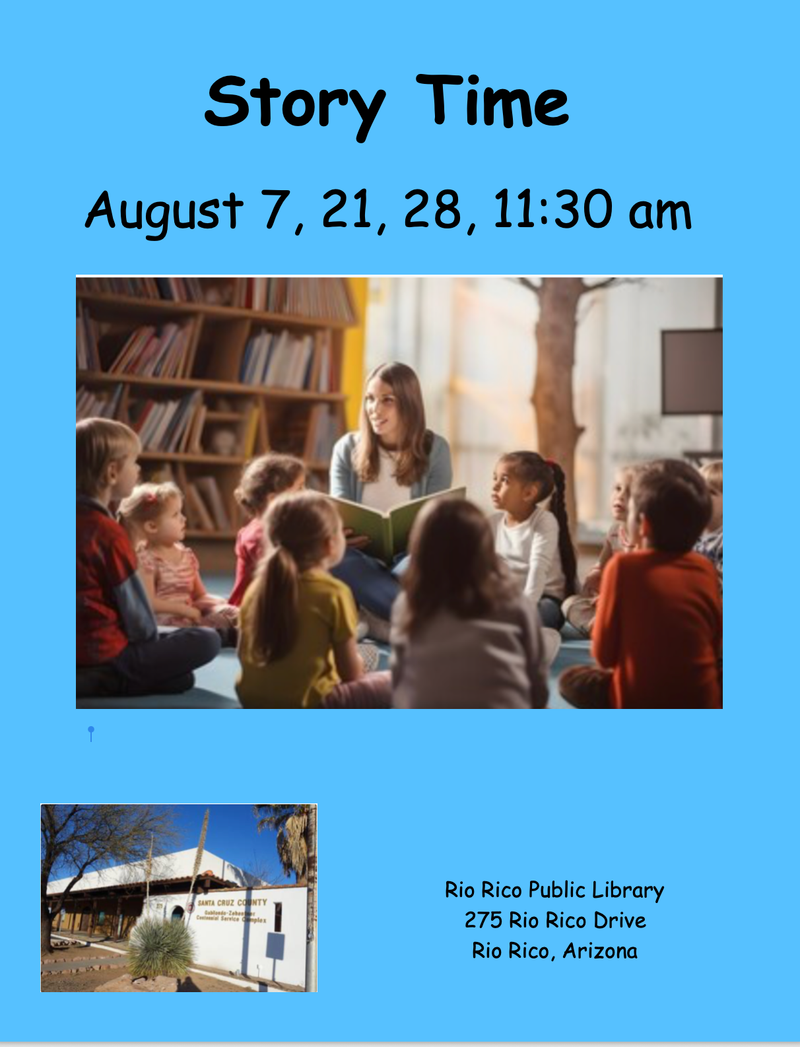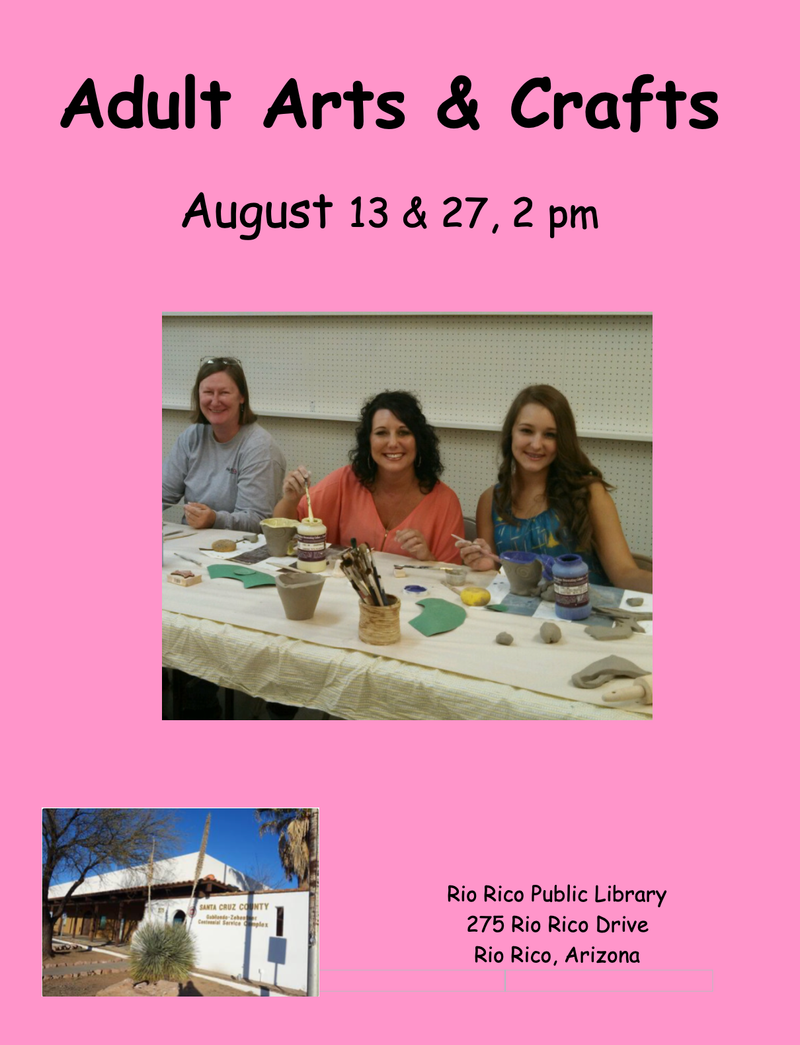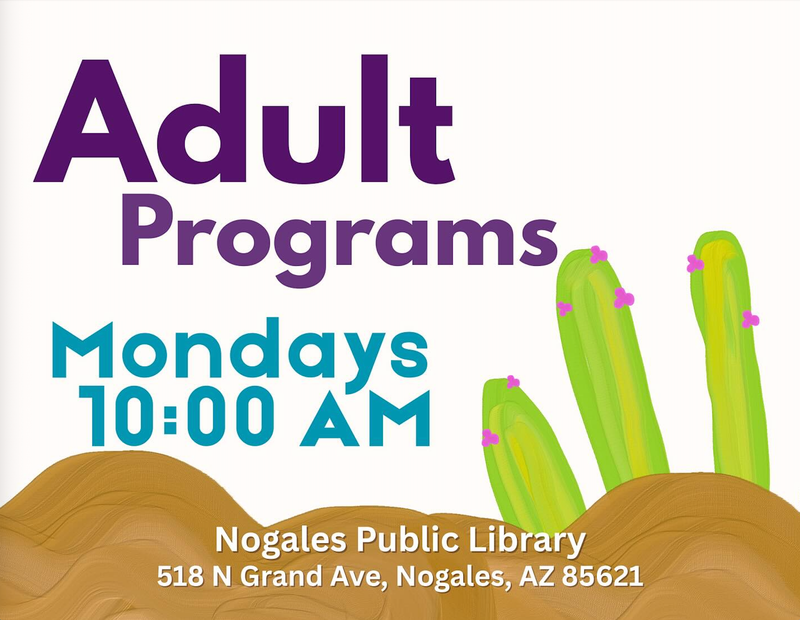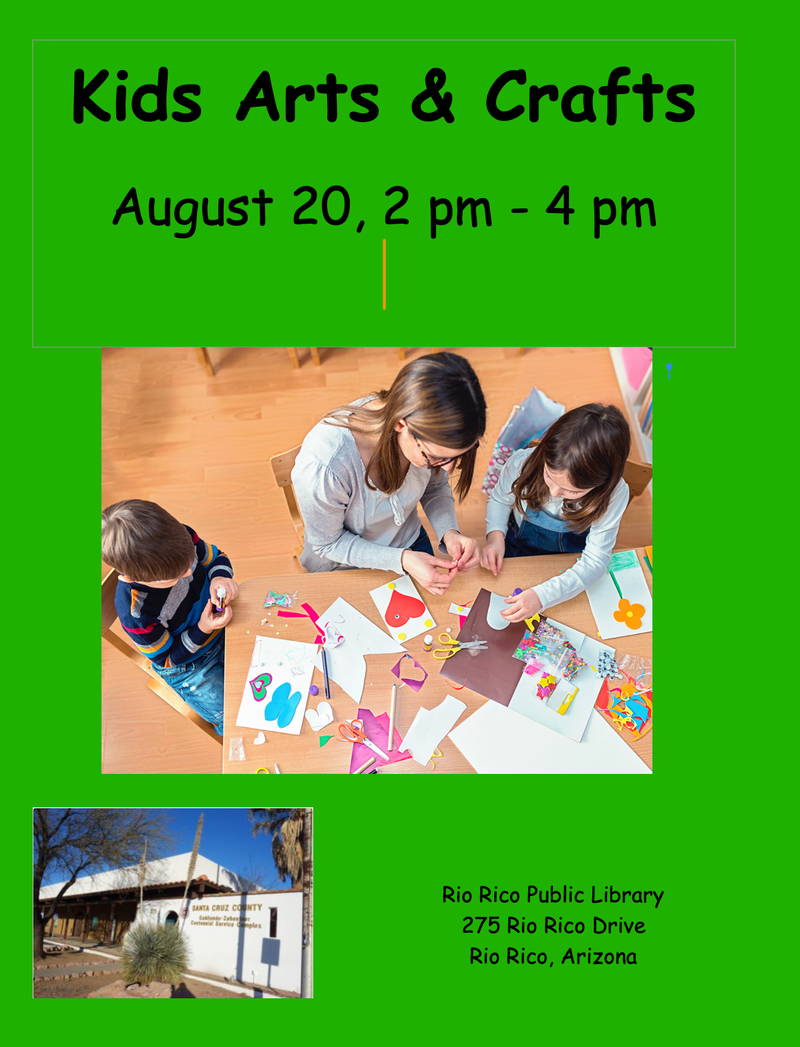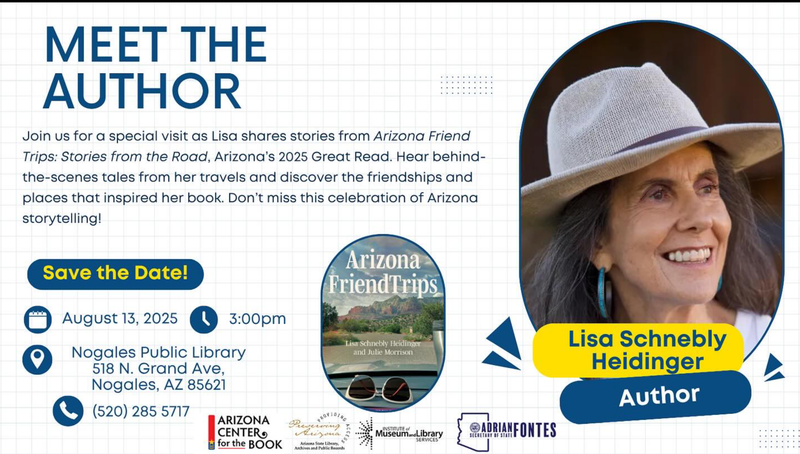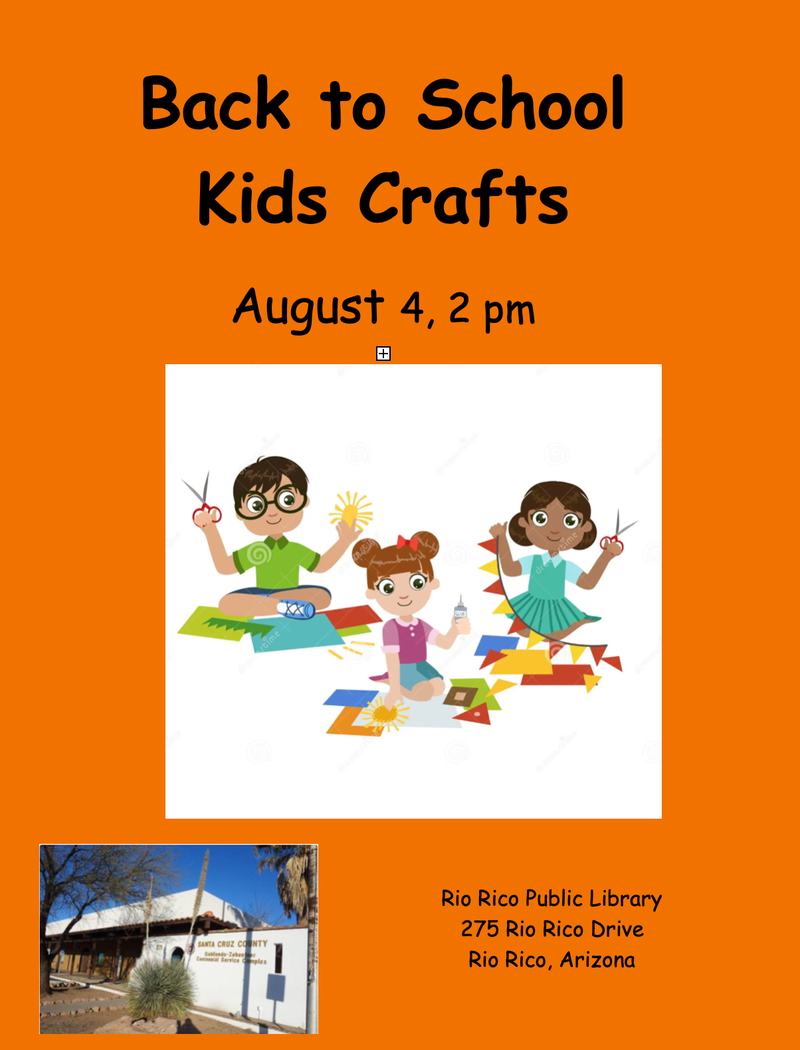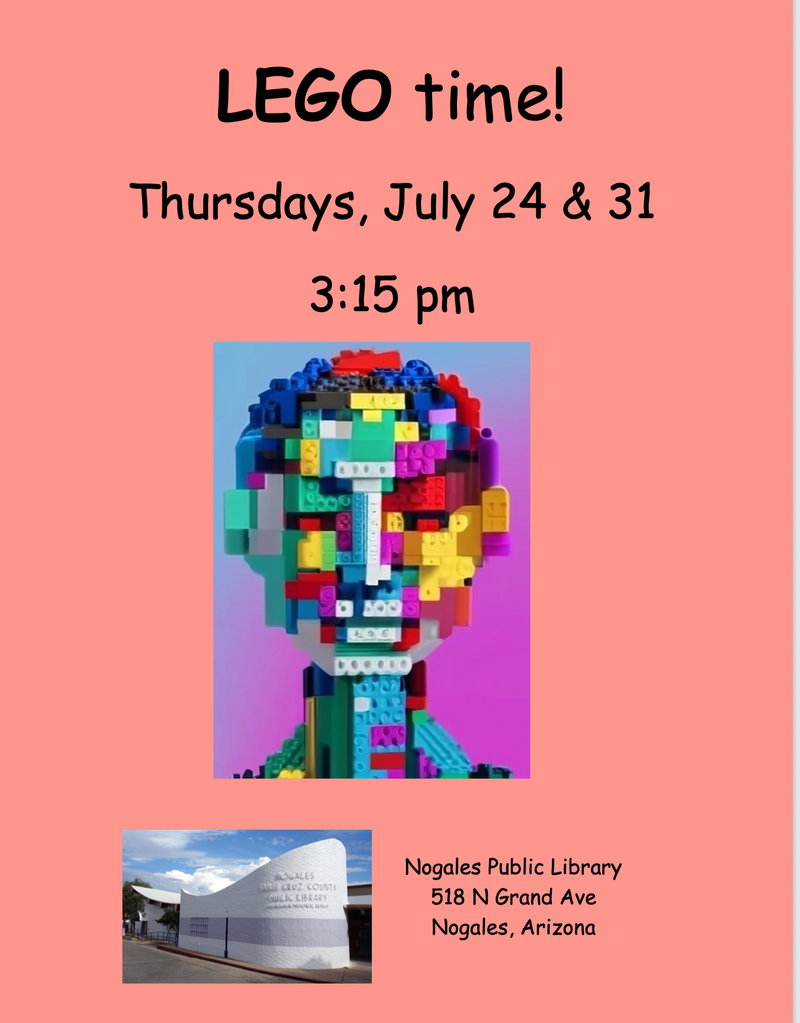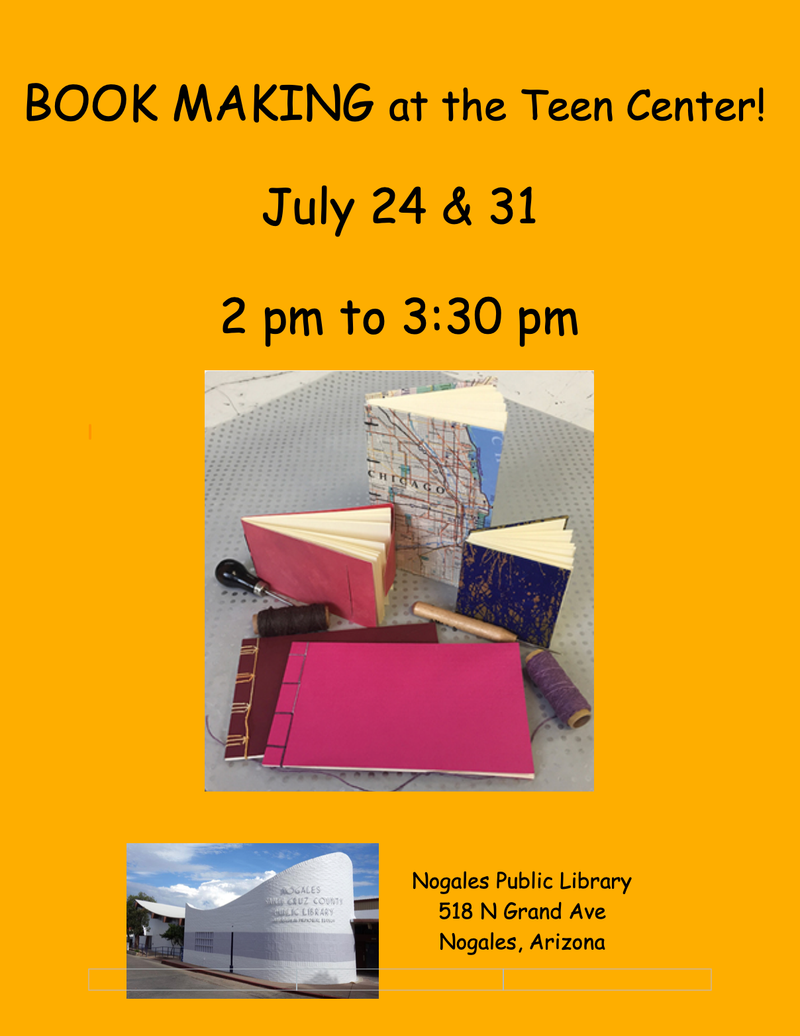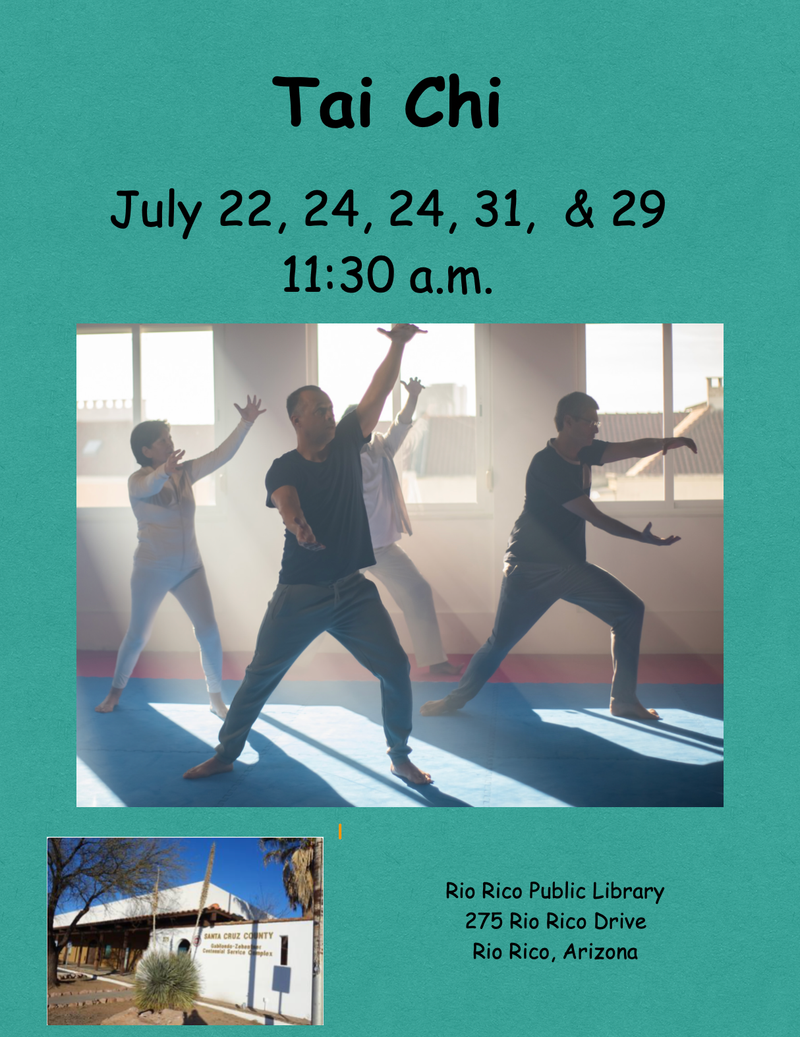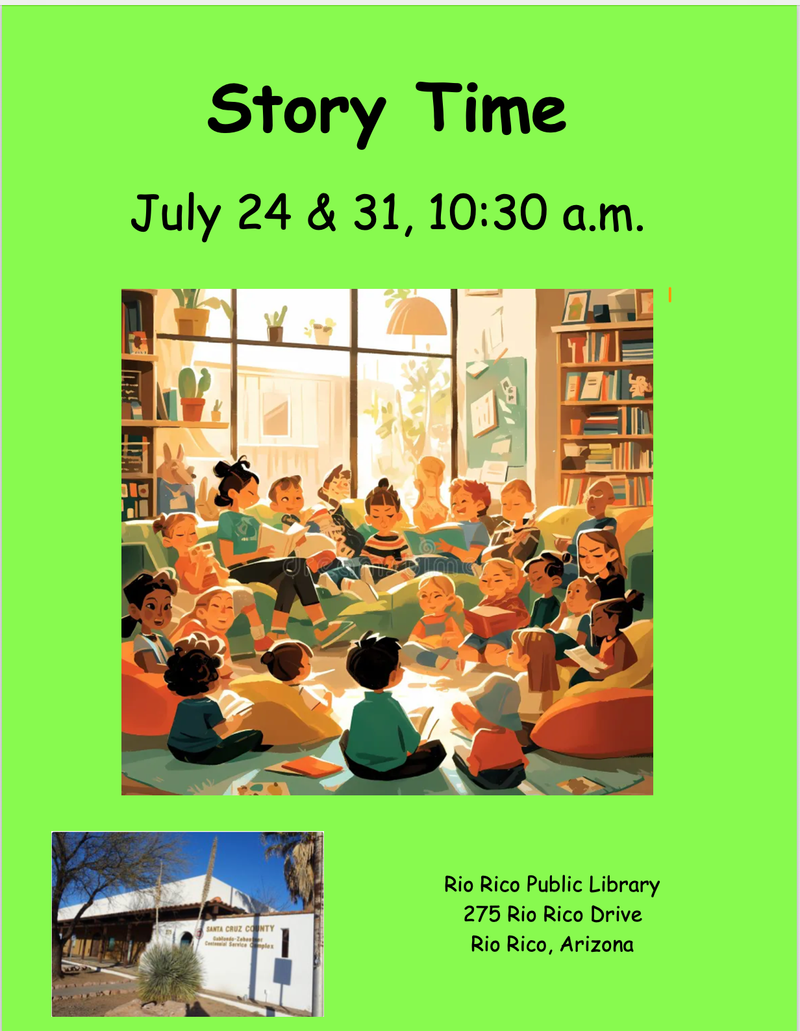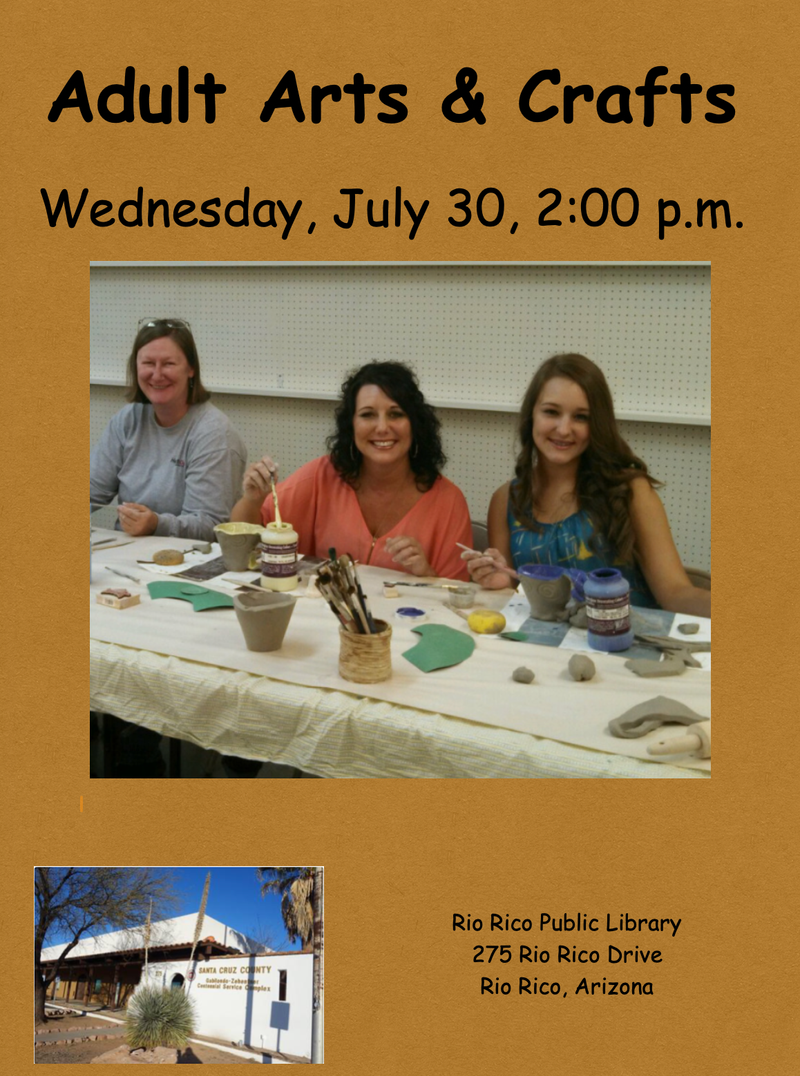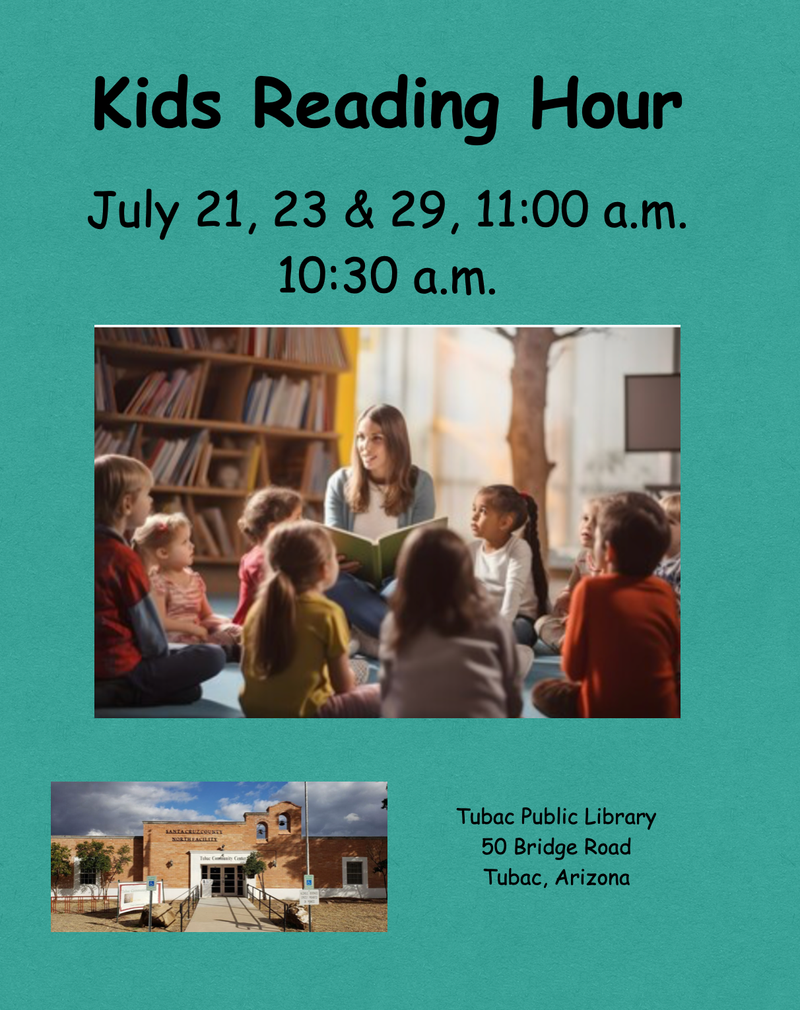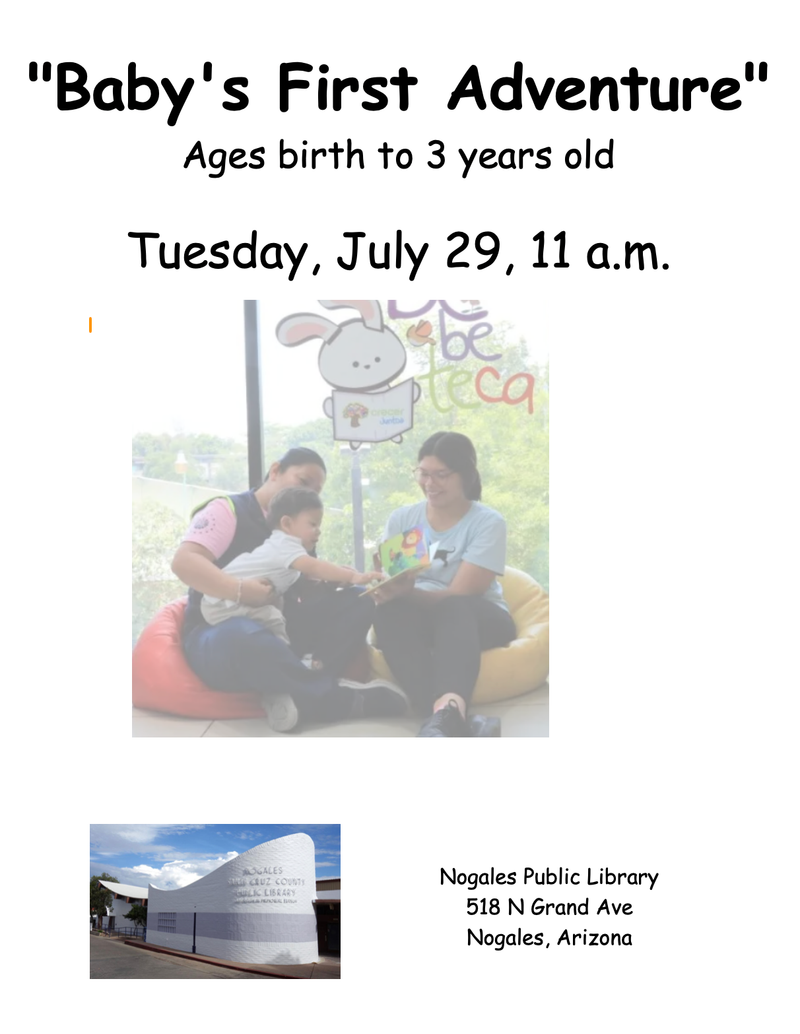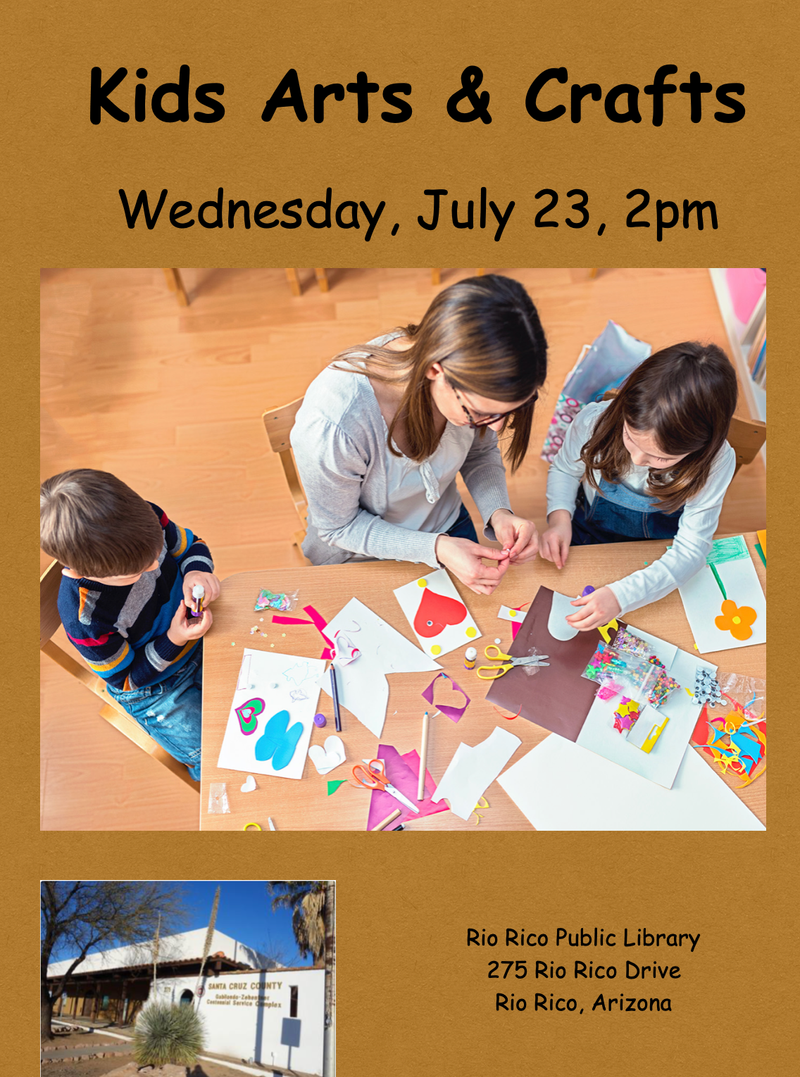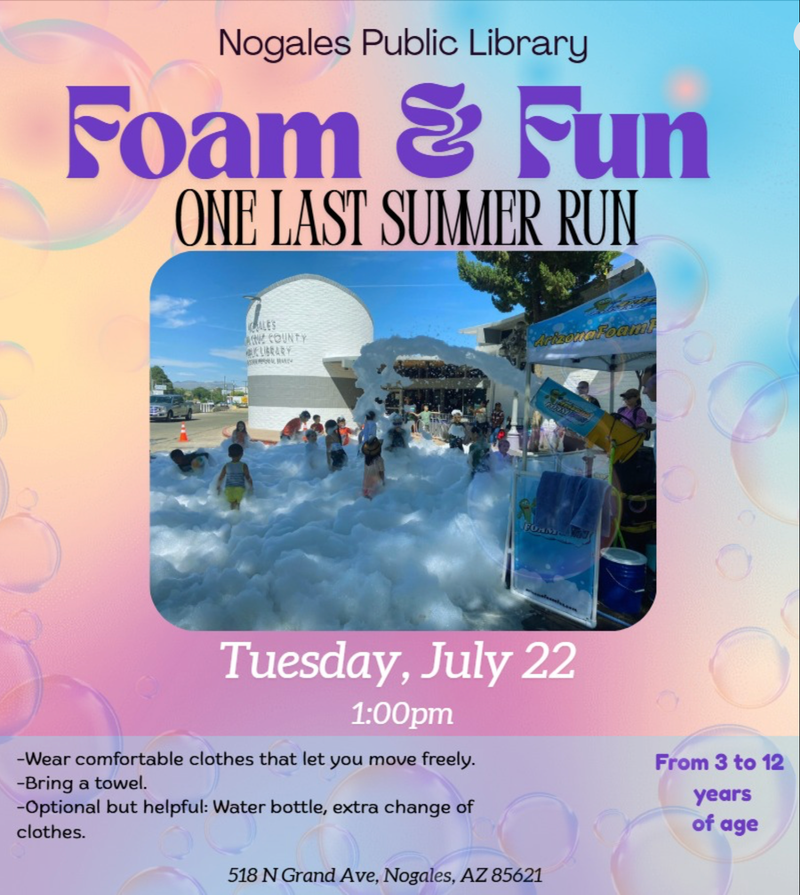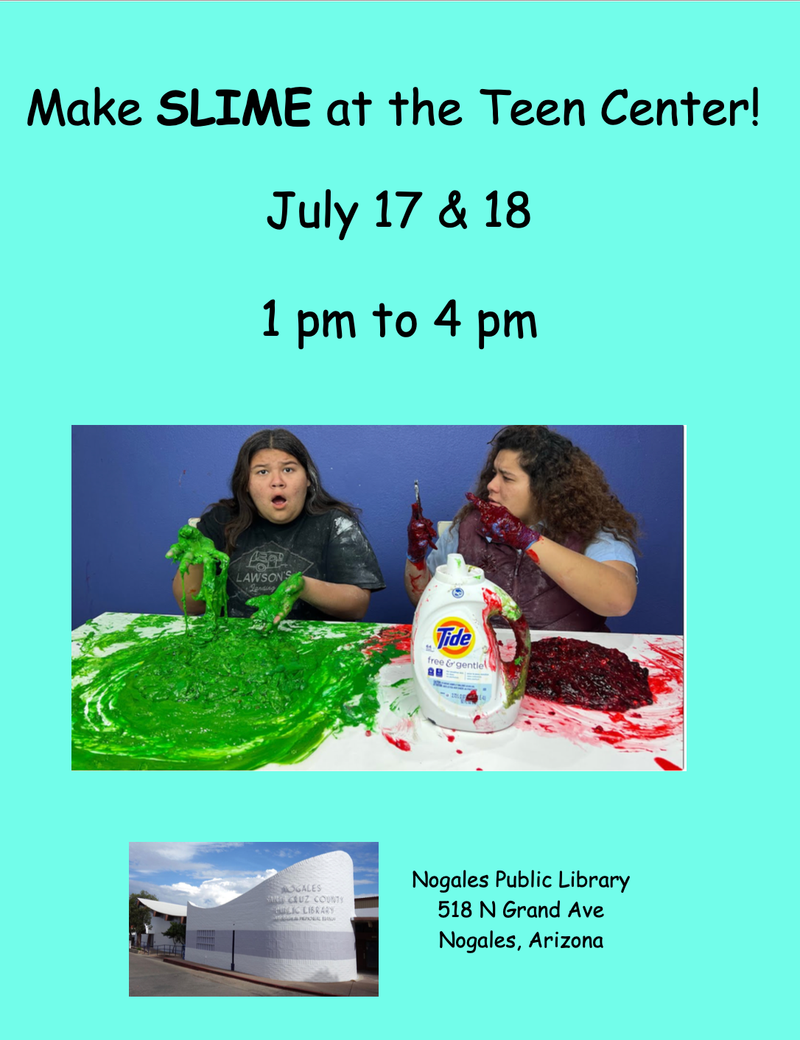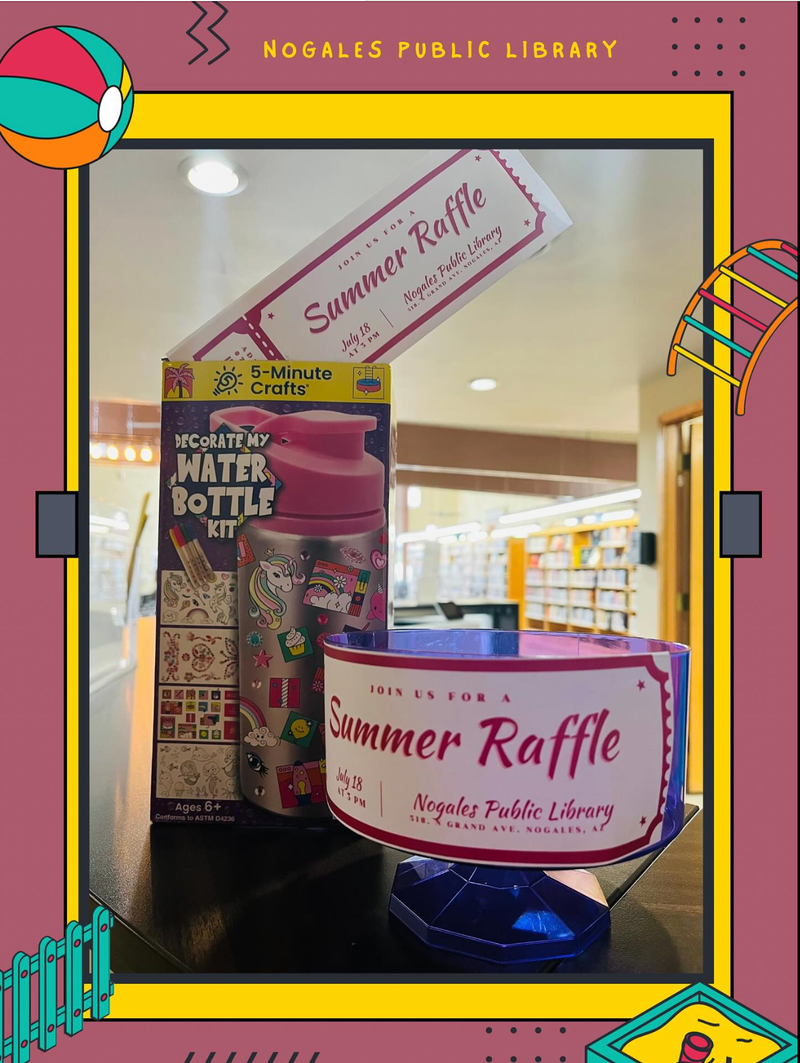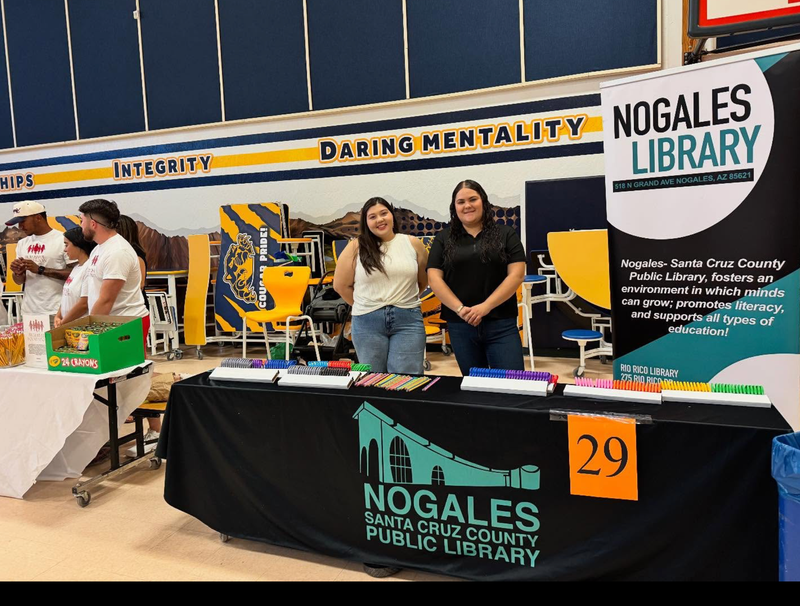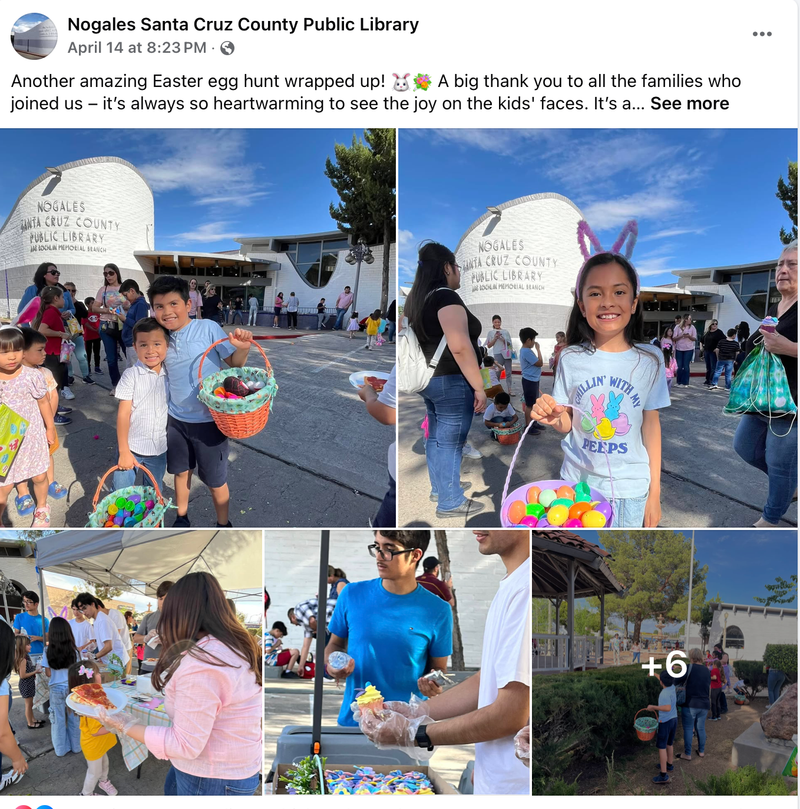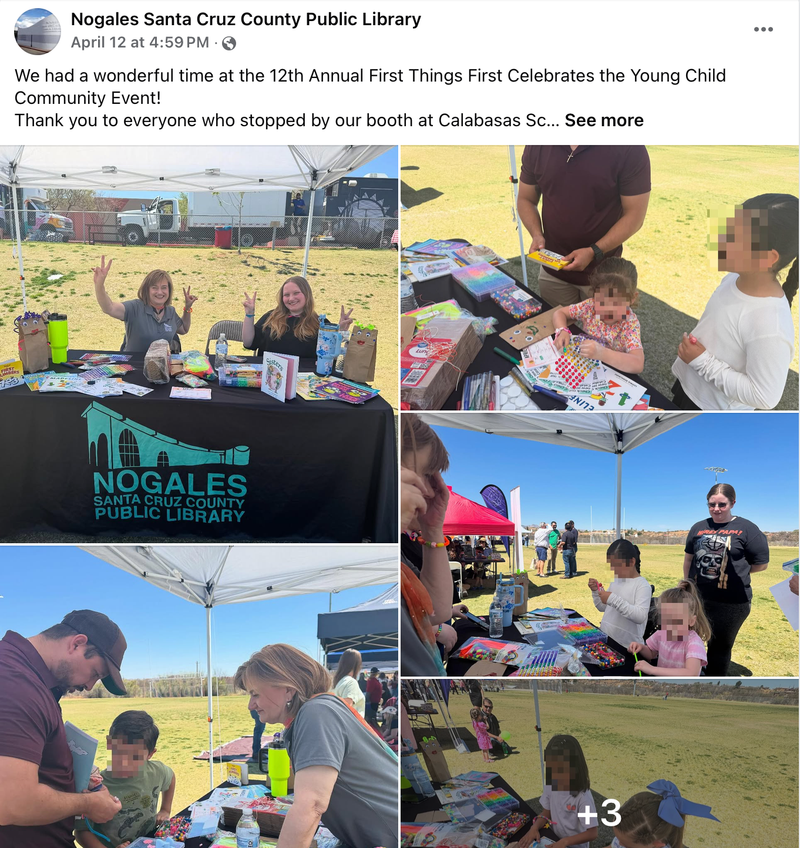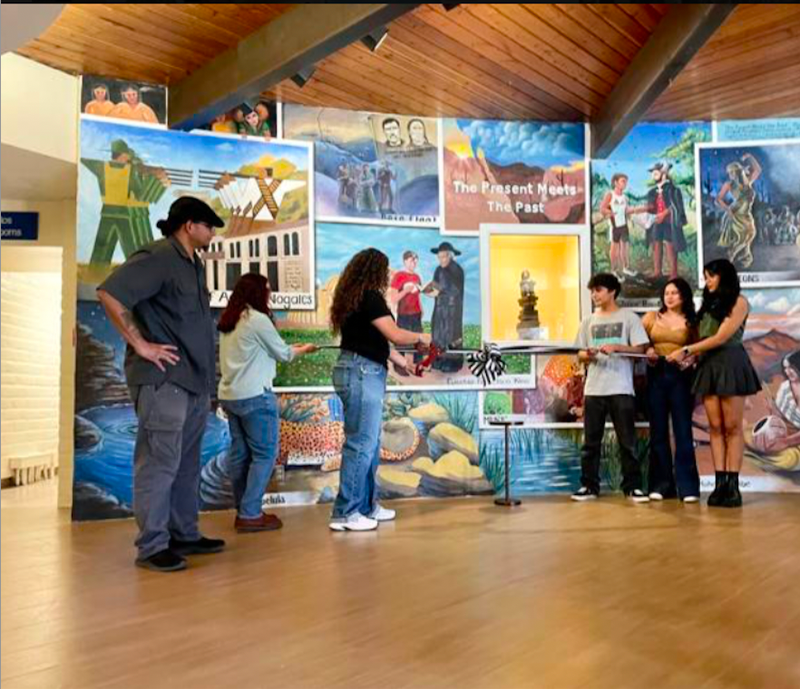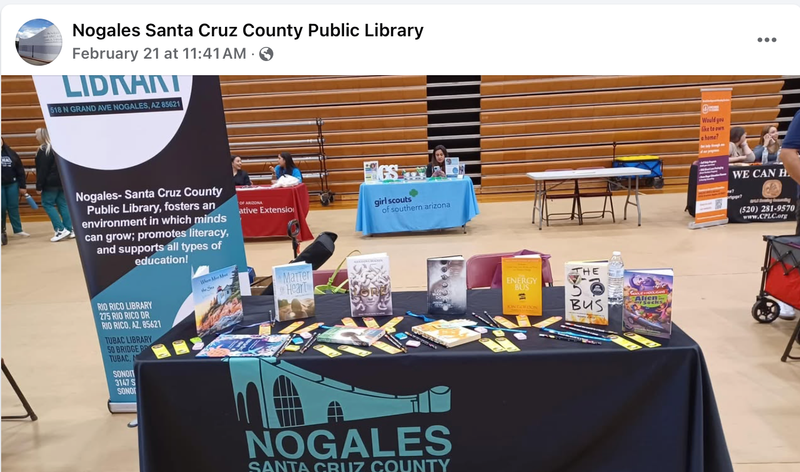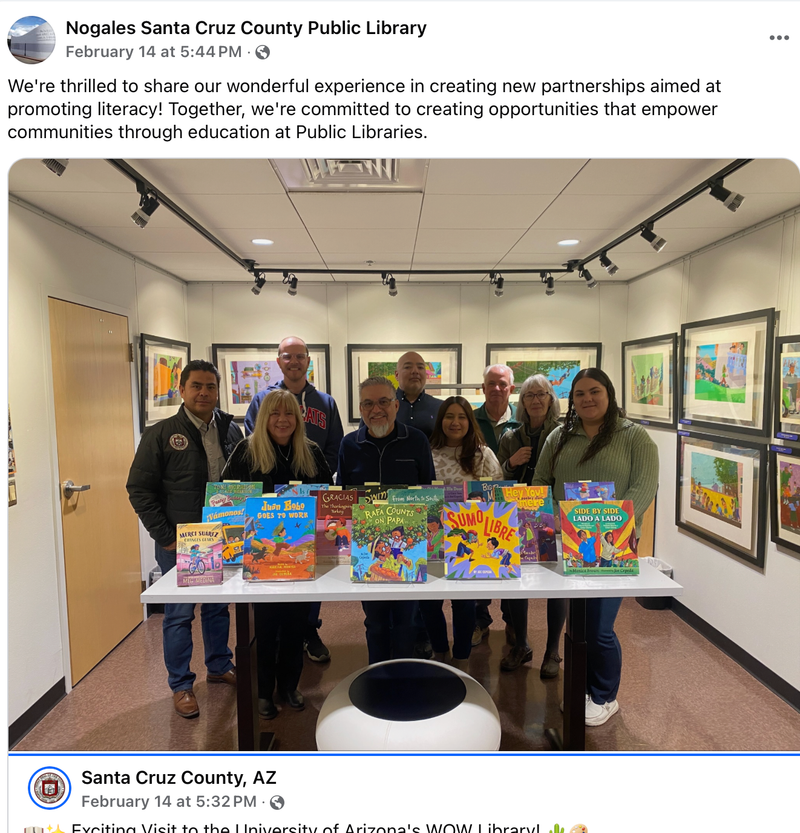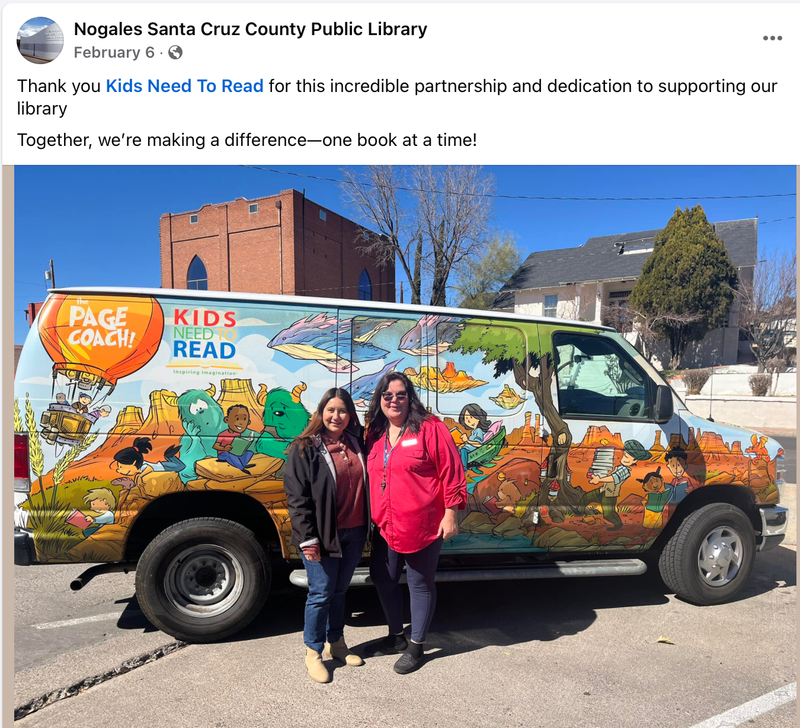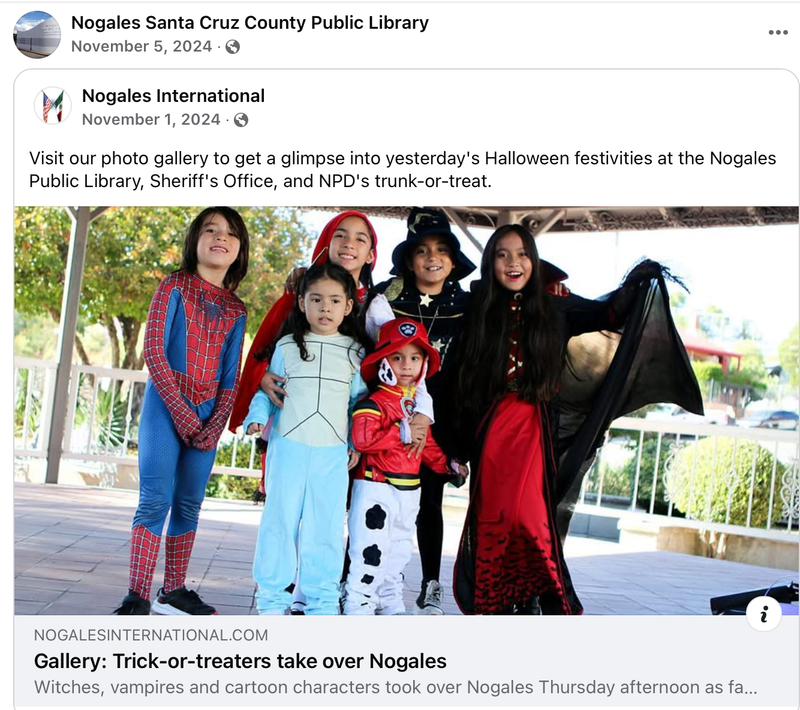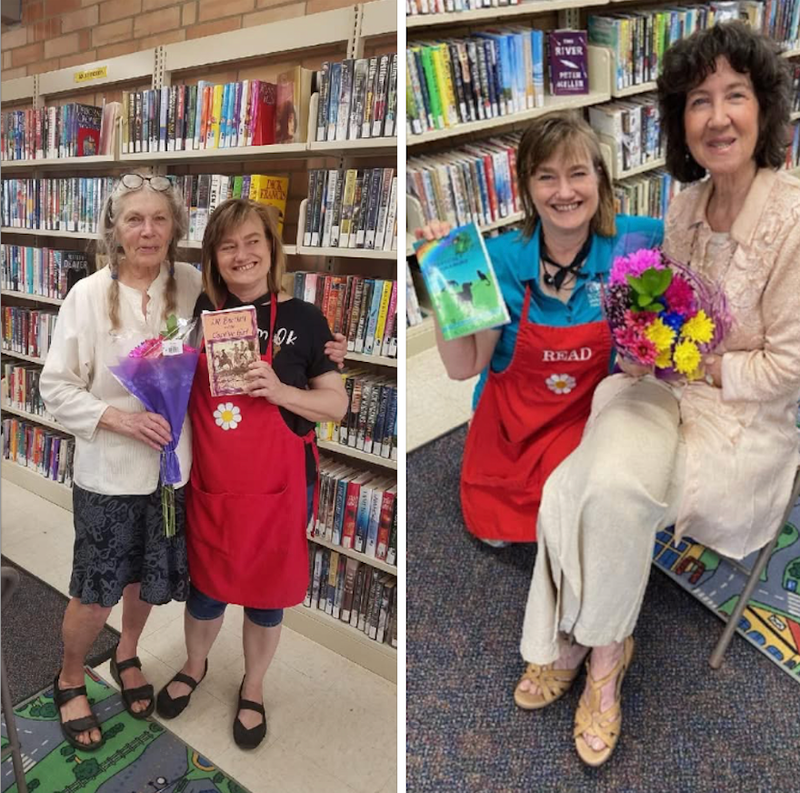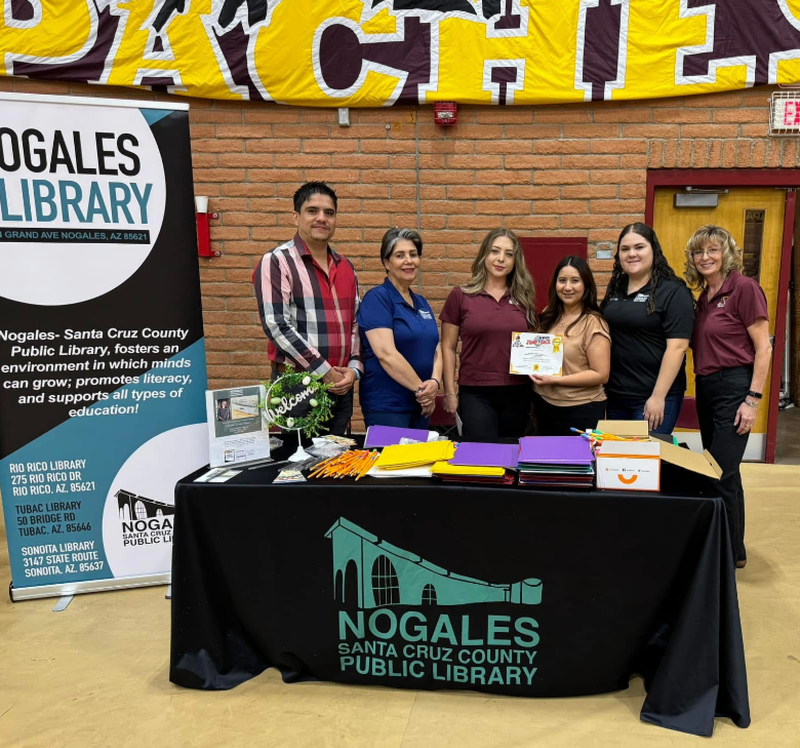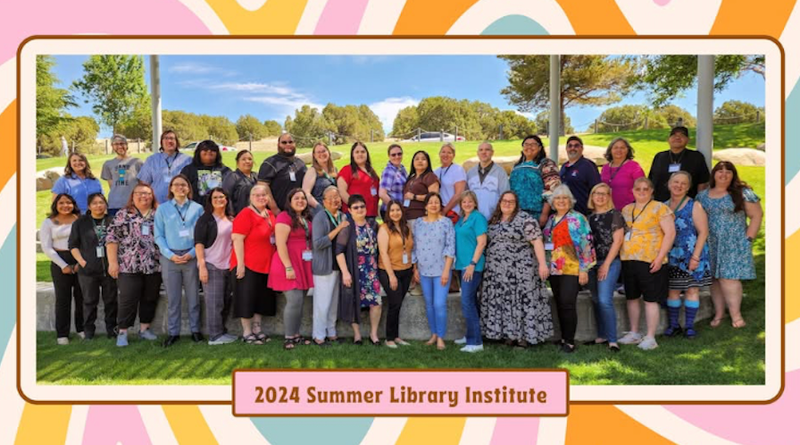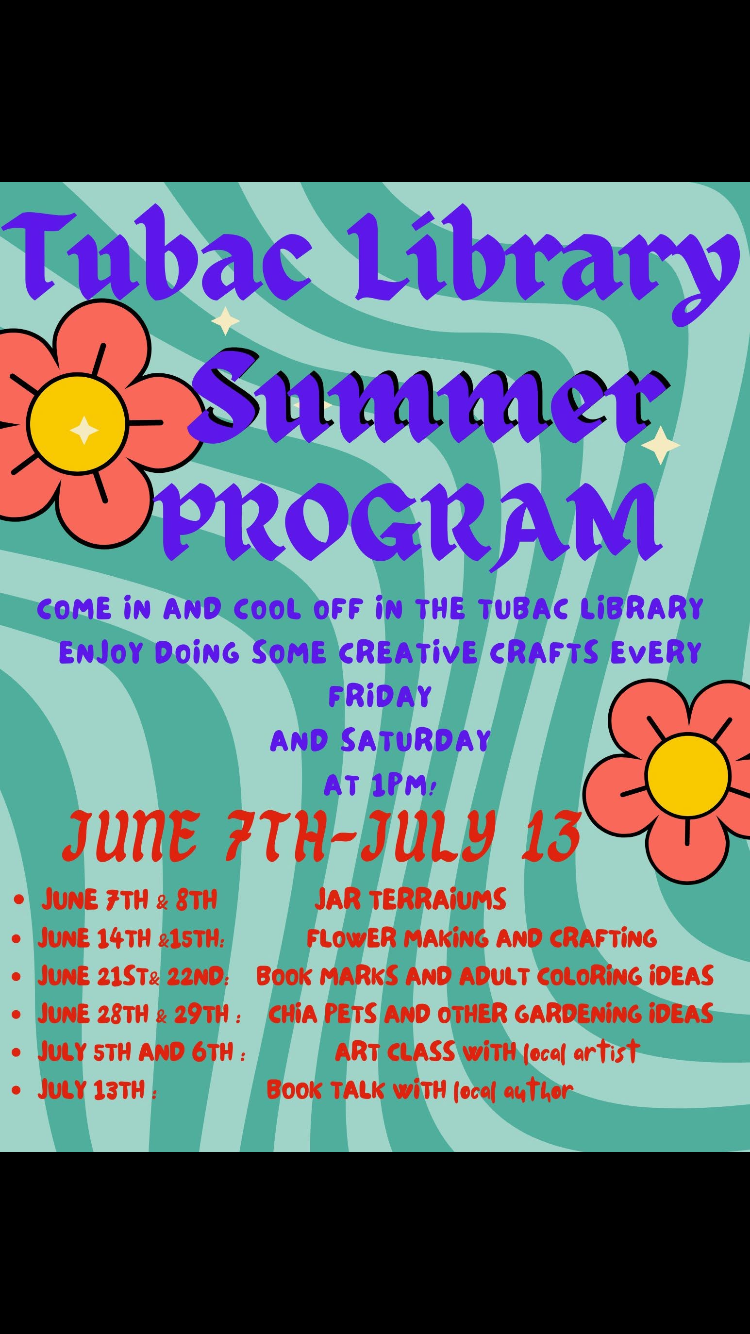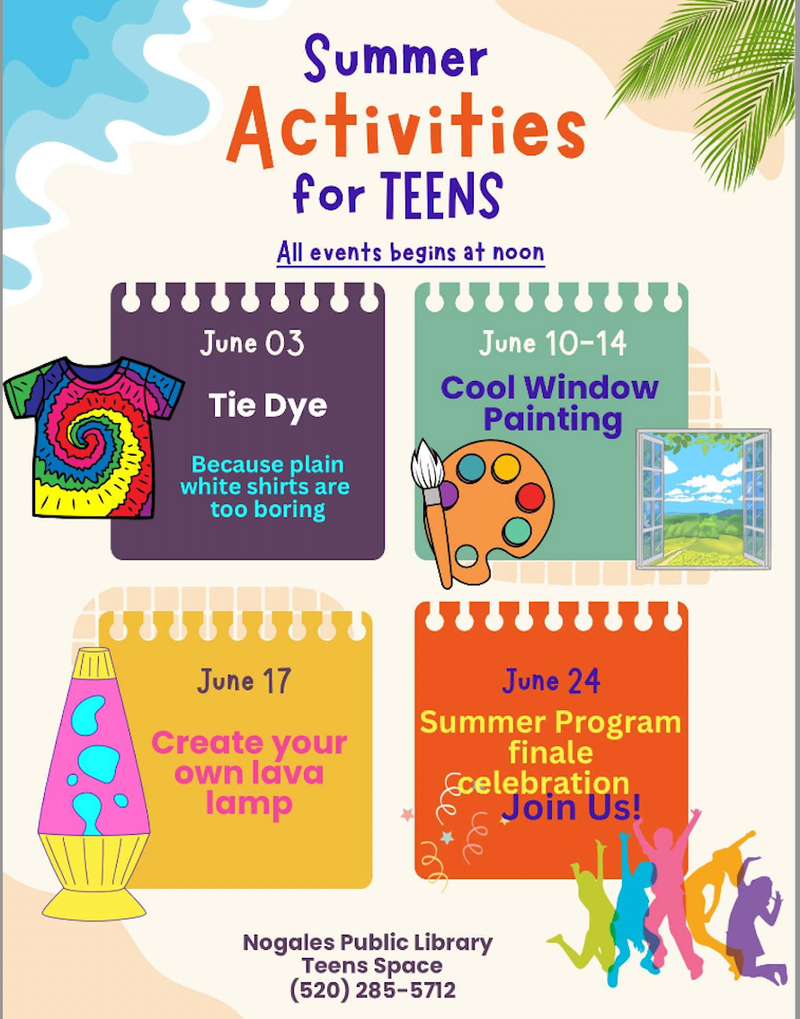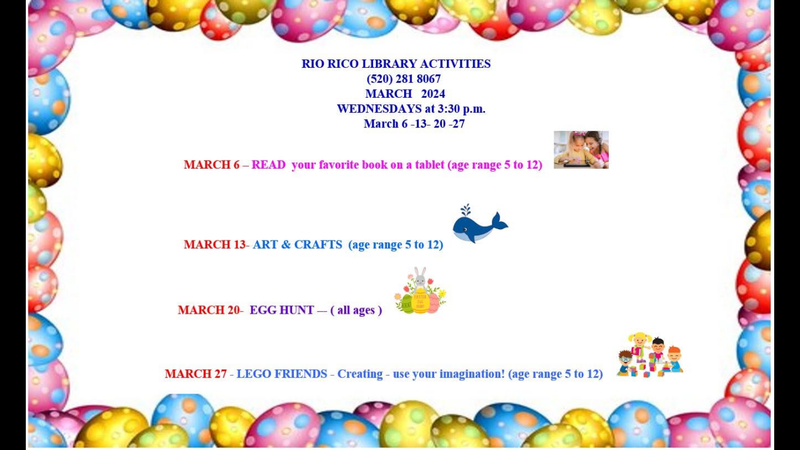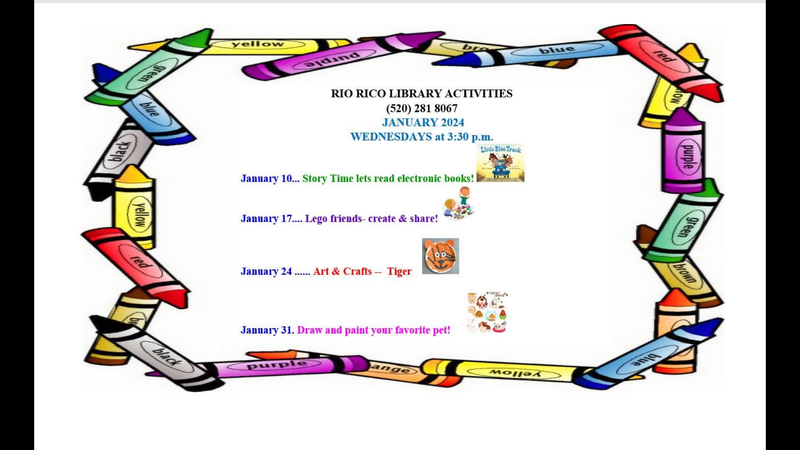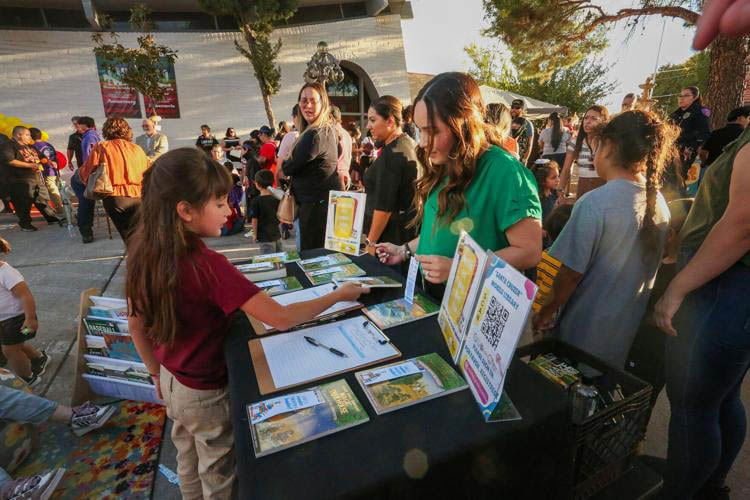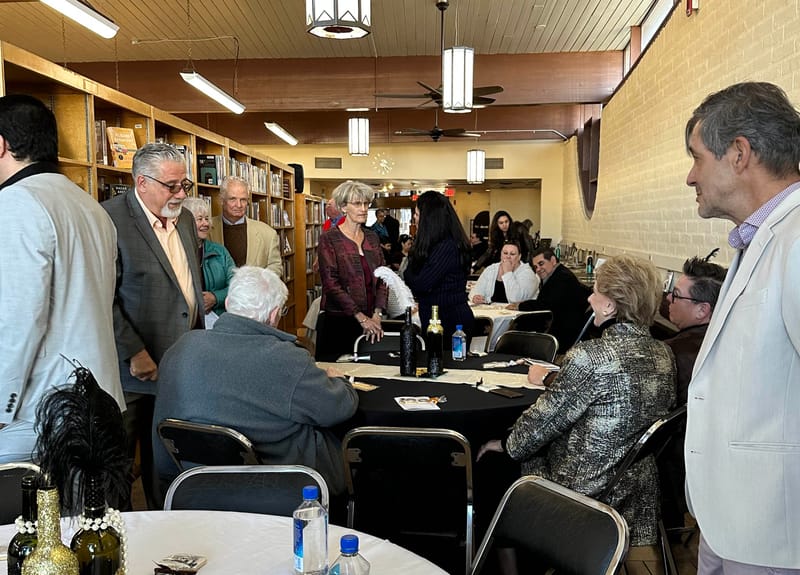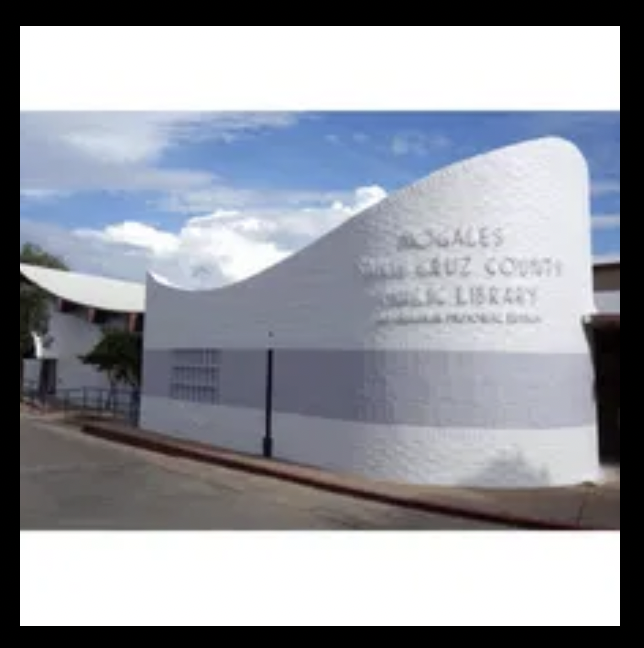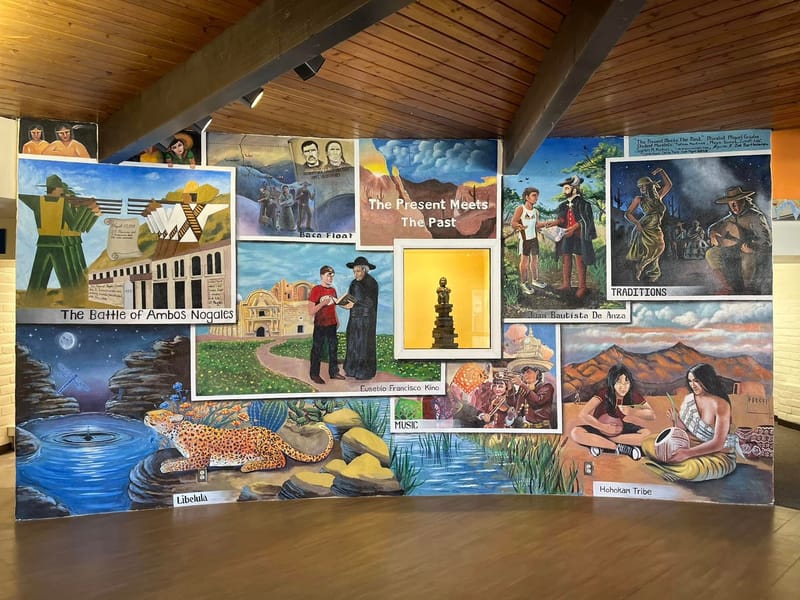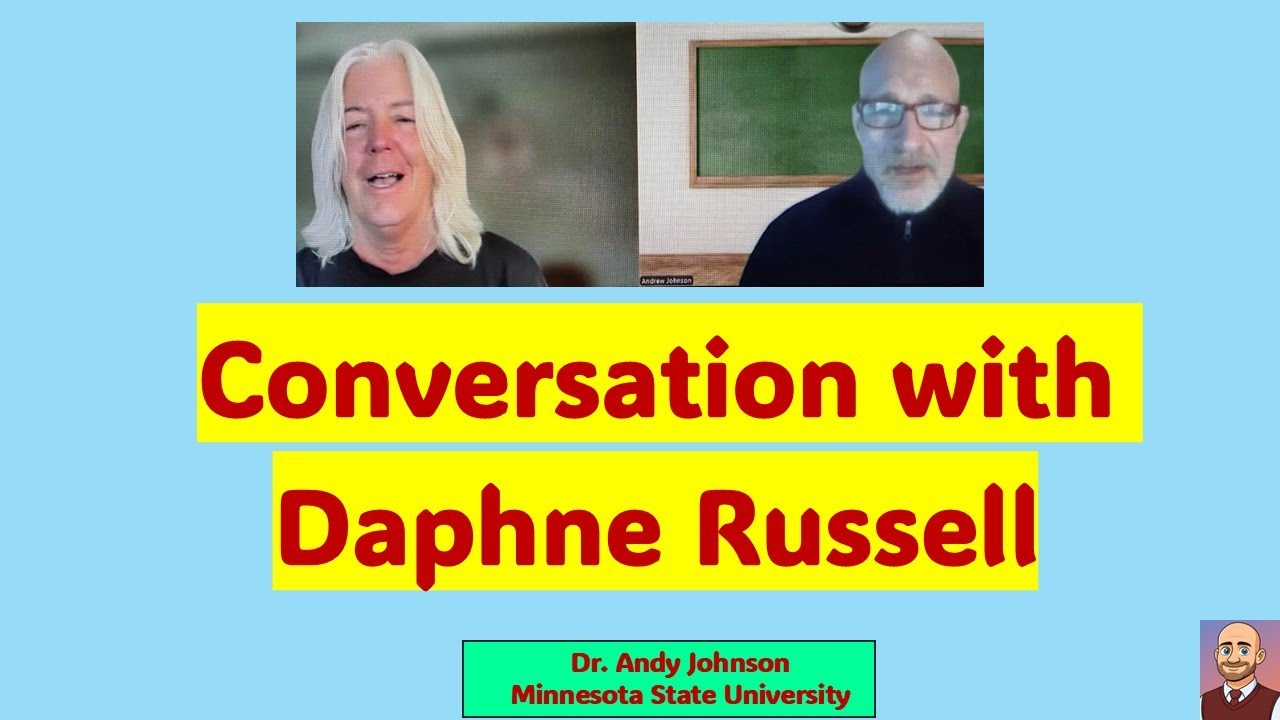Daphne Russell from Books Save Lives interviews Anne Doan, a retired bilingual education researcher about the effects of Russell's program throughout Santa Cruz County.
New Title
We promote knowledge of the librarys' functions and resources. Friends’ funding supports library staff who purchase quality books, technology and material, offer meaningful programs and unique opportunities for growth. Only one in three toddlers in Santa Cruz County have access to a preschool experience. The public library system is the key to those opportunities along with access to books for all young people.
The Santa Cruz County community; teachers, school staff, preschool teachers, daycare providers, home visitation preschool specialists, social service agency staff, parents and even middle and high school students have learned how to motivate apprehensive readers to become confident readers. These trained community members are all working on getting resistant readers (birth to high school) reading in English for school success and the home languages (mostly Spanish here on the border) to ensure the transfer of family values, traditions, customs and even family recipes.
FRIENDS OF THE LIBRARY
OneAZ Credit Union
825 N Grand Ave #104
Nogales, AZ 85621
What's happening at your Library?
Free Homework support Monday through Thursdays from 2 p.m. to 5 p.m. in Nogales, Rio Rico and Sonoita libraries.
Every Thursday at 10:30 a.m.
Mondays just got better at the library! Join us every Monday at 10 AM for our adult programs; bingo, crafts, chatting, and lots of fun activities. Come connect, create, and enjoy!
https://www.facebook.com/share/r/14WKCyttyd9/
We invite you to visit the Nogales Library and explore our display about Ambos Nogales, featuring information and the shared history of our communities. Come learn, discover, and connect with our local history! - If you have photos, stories, or information about Ambos Nogales that you would like to share, we would love to see them. 📍 Visit the Nogales Library and be part of our history and America 250 Celebrations!🇺🇸
Every Wednesday at 11 am
Tutoring will be available every Monday, Tuesday, Wednesday and Thursday from 2pm to 5pm. at the Nogales and Rio Rico libraries.
Your public library at your fingertips. Borrow and enjoy audiobooks, eBooks, comics, movies, TV, magazines, or music everywhere you have a screen-your computer, your phone, your car, even your TV. All you need is a library card. hoopla syncs across all your devices, so you can stream titles immediately or whenever you're in the mood. Most titles can also be downloaded to your phone or tablet. hoopla offers more content, in more places, than any other digital library platform and it's all FREE thanks to the Nogales Santa Cruz County public library system! Titles may vary based on library catalog.
Act One’s Culture Pass provides access to the arts for students, retirees, and under-resourced families to visit many of Arizona’s arts and cultural treasures. Act One partners with nearly 200 public and academic libraries statewide to allow library cardholders the opportunity to check out free passes. Culture Passes are available at all libraries 📚 in Santa Cruz County!! You can check out one Culture Pass per household in a one-week time span. Please visit your local libraries
Another creative Monday at the library! ✂️ Our Adult Program participants enjoyed a relaxing morning during our Craft & Chat: Bookmark Edition — a perfect way to start the week. Join us every Monday at 10:00 a.m. for more fun and creativity!
Join us every Wednesday at the Rio Rico Library 📚 for some adults arts and crafts!! Free to the community, no need to bring materials. Come and enjoy
Tuesdays and Thursdays 11:30-12:30
Every Wednesday at 11 am
Join Us at the Nogales Library for Our First-Ever Costume Parade👻 Whether you're a witch, wizard, superhero, or silly monster… put on your favorite costume and join the fun! From 3 to 12 years of age
A big thank you to the UniSource staff for bringing an educational Safety Workshop and helping us create a safer and more informed community. We truly appreciate your time, dedication, and the valuable information you shared with everyone.
Library staff joined the College & Career Fair at Nogales High School connecting with students, sharing resources, and celebrating the power of learning beyond the classroom.
This week we’re celebrating the joy of reading and the importance of access to books for everyone!
Today we remember and honor the lives lost on September 11, 2001. Explore our collection of books that reflect on the history, resilience, and stories of that day.
Nogales, Rio Rico, Tubac and Sonoita public libraries are ALL inviting you to sign up for your public library card.
Programas para adultos todos los lunes a las 10 a.m. Desde manualidades hasta charlas, aprendizaje y diversión, cada semana hay algo nuevo en la Biblioteca de Nogales. ¡Empieza tu semana inspirado! 🤩📚 Adult Programs Every Monday at 10 AM! From crafts to conversations, learning, and fun, there’s something new each week at the Nogales Library. Join us and start your week inspired! 🤩📚
Come check out some books and enter our Summer Raffle! The winner will receive a ou get a Decorate-Your-Own Water Bottle Kit, perfect for staying hydrated in style this summer! 💧✨
While supplies last!
The Library is at the 16th Annual Back-to-School BLiTZ at Calabasas School (131 Camino Maricopa, Rio Rico). Swing by our booth and get your free school supplies!
¿Te gustaría ser autor de libros? Este es tu oportunidad. Acompañanos este verano en la biblioteca de Nogales y concoce a Maritza Lynn Higuera, autora bilingüe de libros infantiiles y autora de best sellers a nivel mundial. Taller gratuito.
All libraries are offering heat relief stations this summer, helping our community stay safe, cool and hydrated. Monday - Friday from noon to 4pm.
Ages 5 to 12 years old
3 to 12 years of age invited. Participants will keep a reading log, listen to presenters, participate in fun activities and have a closing party. Each library branch will have its own schedule. All participants will receive a certificate of completion along with snacks and prizes. For registration contact your local library.
Special hours all libraries will be open.
Women's History Month celebrated all month long.
Monday, Tuesday and Thursday 3:00pm to 5pm Wednesday, 2:00pm to 5pm
Monday, Tuesday and Thursday 3:00pm to 5:00pm and Wednesday 2:00 pm to 5:00pm
Grecia Reyes, high school student at Nogale High School is presenting the research she discovered while doing her Senior Graduation Project.
Nogales Santa Cruz Public Library staff are present at the Nogales High School meeting to offer library cards and services to both the students, parents and entire family.
Omar Villa, member of the City of Nogales Library Board, will explain planning, recruitment, and evaluating the performance of employees.
Family Story Time is every Thursday at 10:30am
Family Story Hour is every Tuesday at 10:30 am.
The Friends of the Library is offering a parent/child presentation to help families avoid or overcome reading apprehension and become families that read, in English or Spanish and preferably both languages. Daphne Russell of Books Save Lives will explain that it isn’t about ability; it’s about a person's emotional experience with reading. She explains how to ignite a child's reading journey. Creating lifelong readers requires fostering positive relationships with books—through encouragement, empathy, and a focus on empowerment. Daphne's goal is to create a generation who realize books hold power and who actively seek that power in their lives.
Meet and greet Santa and share snacks and singing.
The Friends of the Library is offering a parent/child presentation to help families avoid or overcome reading apprehension and become families that read, in English or Spanish and preferably both languages. Daphne Russell of Books Save Lives will explain that it isn’t about ability; it’s about a person's emotional experience with reading. She explains how to ignite a child's reading journey. Creating lifelong readers requires fostering positive relationships with books—through encouragement, empathy, and a focus on empowerment. Daphne's goal is to create a generation who realize books hold power and who actively seek that power in their lives.
Revisa el calendario regularmente para saber cuando puede participar en juegos de mesa en su biblioteca. https://nogap.na4.iiivega.com
Friends of the Library is offering a parent/child presentation to help families avoid or overcome reading apprehension and become families that read, in English or Spanish and preferably both languages. Daphne Russell of Books Save Lives will explain that is isn't about ability; it's about a person's emotional experience with reading. She explains how to ignite a child's reading journey. Creating lifelong readers requires fostering positive relationships with books -- through encouragement, empathy, and focus on empowerment. Daphne's goal is to create a generation who realize books hold power and who actively seek that power in their lives.
The Friends of the Library is offering a parent/child presentation to help families avoid or overcome reading apprehension and become families that read, in English or Spanish and preferably both languages. Daphne Russell of Books Save Lives will explain that it isn’t about ability; it’s about a person's emotional experience with reading. She explains how to ignite a child's reading journey. Creating lifelong readers requires fostering positive relationships with books—through encouragement, empathy, and a focus on empowerment. Daphne's goal is to create a generation who realize books hold power and who actively seek that power in their lives.
The Friends of the Library is offering a parent/child presentation to help families avoid or overcome reading apprehension and become families that read, in English or Spanish and preferably both languages. Daphne Russell of Books Save Lives will explain that it isn’t about ability; it’s about a person's emotional experience with reading. She explains how to ignite a child's reading journey. Creating lifelong readers requires fostering positive relationships with books—through encouragement, empathy, and a focus on empowerment. Daphne's goal is to create a generation who realize books hold power and who actively seek that power in their lives.
“BUILDING CONFIDENT READERS” WORKSHOP You and your young people are invited to a workshop that will turn your family into readers. This is an hour workshop that will help you create lifelong readers in your home. Usted junto con los niños y jovenes en su hogar están invitados a este taller que convierta a toda la familia en lectores. En una hora, gana la confianza se necesita para leer con estos jóvenes en un ambiente tranquilo.
Children in the community are dressed up in the Halloween costumes and get both a treat and a book. Some children are excited to get a book and others are surprised because it's the first time they get a treat and a book.
“BUILDING CONFIDENT READERS” WORKSHOP You and your young people are invited to a workshop that will turn your family into readers. This is an hour workshop that will help you create lifelong readers in your home. Usted junto con los niños y jovenes en su hogar están invitados a este taller que convierta a toda la familia en lectores. En una hora, gana la confianza se necesita para leer con estos jóvenes en un ambiente tranquilo.
“BUILDING CONFIDENT READERS” WORKSHOP You and your young people are invited to a workshop that will turn your family into readers. This is an hour workshop that will help you create lifelong readers in your home. Usted junto con los niños y jovenes en su hogar están invitados a este taller que convierta a toda la familia en lectores. En una hora, gana la confianza se necesita para leer con estos jóvenes en un ambiente tranquilo.
“BUILDING CONFIDENT READERS” WORKSHOP You and your young people are invited to a workshop that will turn your family into readers. This is an hour workshop that will help you create lifelong readers in your home. Usted junto con los niños y jovenes en su hogar están invitados a este taller que convierta a toda la familia en lectores. En una hora, gana la confianza se necesita para leer con estos jóvenes en un ambiente tranquilo.
“BUILDING CONFIDENT READERS” WORKSHOP You and your young people are invited to a workshop that will turn your family into readers. This is an hour workshop that will help you create lifelong readers in your home. Usted junto con los niños y jovenes en su hogar están invitados a este taller que convierta a toda la familia en lectores. En una hora, gana la confianza se necesita para leer con estos jóvenes en un ambiente tranquilo.
Learn how to keep you energy cost down and your usage comfortable.
Enjoy the mystery of the night with stylish twist at our fashion show in the library with local, regional and international designers.
Winner gets two movie tickets to see Deadpool and Wolverine
Teen Center: Create your own control and use it. We will provide the materials you need to create your own control. Use it whenever you want
Come and meet the traveling animals of Reid Park Zoo.
Unlock faster reading and cultivate Nogales stories with our bilingual lesson on literacy, history and reading methods. Open to all ages.
June 7 - July 13
Free mammogram and breast cancer screening instructions.
Arizona Battalion of Star Wars Morale Missions Costume Club at Nogales Public Library. Costumed characters? Backdrop for pictures! Star Wars Props!
Join us for a weekly Teen event focusing on Work Preparation, City of Nogales HR Specialist will be Guest Speakers. Come and get ready to know how to successfully create a resume and be better prepare for interviews!
Join us for the movie and snacks!
How do I qualify? FREE mammogram. AWARENESS check yourself? Breast screening!
Author Maritza Lynn Higuera shared her new children's book 'Fire Heroes'.
Experiencing a solar eclipse is indeed a remarkable experience. It's an opportunity to marvel at the beauty and intricacy of nature's phenomena! Let's do it safely together.
Learn about the importance of fire safety and prevention.
Diving into the fascinating world of the sea with Karen and Wayne.
Kids will complete a Valentine's Day activity. They will learn about kindness and how to create a Japanese origami.
¿Nedesita un transplante de riñon? ¿Conoce a alguien que necesita uno? En este programa gratuito aprenerá herramientas y consejos eficaces para encontrar un donante de riñon vivo. También excuchará a los receptores de donantes vivos y los donantes vivos compartir sus historias.
El taller de ahorros de energía en su hogar es un programa que enseña al público como ahorrar energía y dinero en su propia casa. Kit de ahorro de energía gratuíto, 4 focos LED, 1 luz de noche LED, 1 regadera de bajo flujo, 1 aireador de bajo flujo.
Bring your favorite blanket and come enjoy hot chocolate with us.
Visit the Nogales-Santa Cruz County Public Libraries
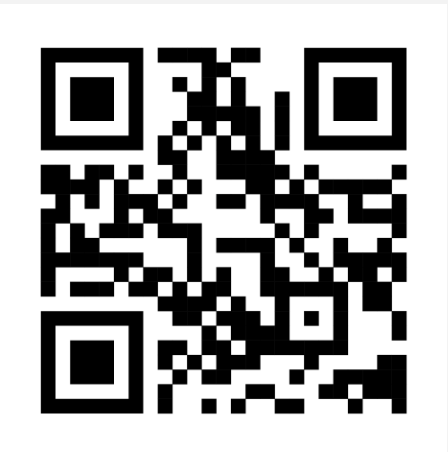
Library card application
If you are 13 years or older you can sign up for a library card. If you are not 13 years old yet, your parent or guardian can fill this out so that you can get your own library card.
Learn MoreFree Little Libraries: Librerias Gratuitas
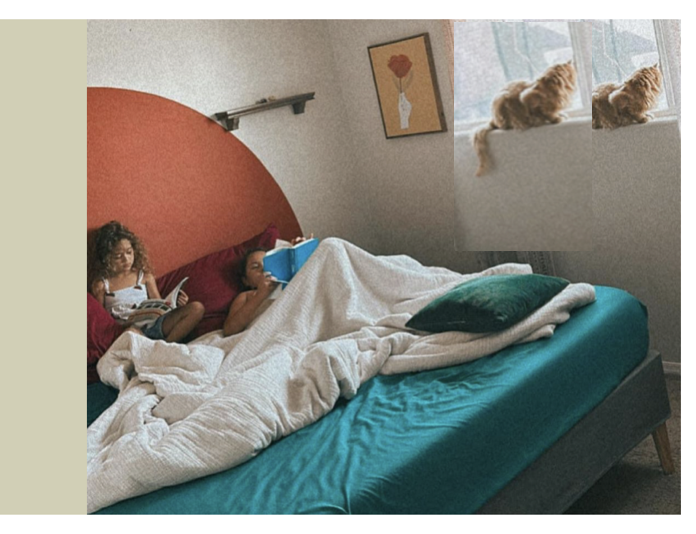
What and where are they? ¿Qué son y dónde están?
Please gift your books to your local free little libraries. Many community members do not have home libraries, we can help them with books we already have in our homes. They serve our community when in their hands and no shelved. Favor de compartir sus libros a las librerias gratuitas. Muchas familias no tienen acceso a libros en sus casas, podemos apoyarlos con libros que tenemos en nuestras casas que no nos hacen falta. Mejor que estos libros estén en las manos de nuestra comunidad que arrumbados. 1. * Outside the Safeway Store, Mariposa Rd 2. * Outside Colegio Petite, Morley Avenue 3. Mendibles Street "El Rincon del Arte" 4. Crawford Street 5. Nogales High School 6. * City Hall next to Police Dispatch 7. * Recreation Center, Hohokam Drive 8. * Garrett's Supermarket 9. Calabasas School, 131 Camino Maricopa 10. 477 Pennsylvania Ave, Patagonia 11. 170 3rd Ave., Patagonia 12. 9 Lochiel Road, Lochiel 13. 3160 State Highway 83, Sonoita 14. Tubac Post Office 15. * St. Andrew's Preschool 16. AJ Mitchell Upper & Lower Elementary buildings 17. * Mexican Consulate, 135 W Cardwell St 18. * Nogales Community Food Bank 19. * Outside AJ Mitchell Elementary School 20. * Outside Mary Welty Elementary School 21. * Exit 25/Palo Parado Exit, El Ranchito Market, 7 Avenida Pastor, Rio Rico, AZ 85648, 520-281-8065 22. *. Little Red Schoolhouse 23. * Rio Rico Community Center, Rio Rico * supported by Nogales/Santa Cruz County Friends of the Library
Friends of the Library Volunteers
Ed Delci
President
Ed has been a Friend of the Library since 2006, almost 20 supporting the libraries and is also serving on the City of Nogales Library Board.
Ruth Fite
Vice-President
This is Ruth's second year on the Board and second year as Vice-President.
Marva Thwaitts
Treasurer
Marva has been a member of the Friends for ten years and this is her second year as Treasurer. She is retired after working for Nogales Unified School District for 25 years.
Juanita Havill
Secretary
Juanita has been on the Board for several years and this is her second year as Secretary of the Board. Juanita is also a member of the City of Nogales Library Board.
Beatriz Ruiz
Volunteer
Beatriz is a retired teacher who taught twenty five years at Challenger Elementary and is a new member of the volunteer team.
Analizabeth Doan
Volunteer
Analizabeth has been a volunteer for three years.
Roxanna Lopez
Volunteer
Roxie just began volunteering with Friends.
Celia Concannon
Volunteer
Celia has been volunteering with Friends for two years.
Reneé Curren
Volunteer
Renee Curren is a long-time resident of Rio Rico and retired teacher. She loves books, music and the outdoors. Her volunteer work is driven to foster literacy and community.
Corinne Cole
Volunteer
Corinne is an active member of the art scene in Ambos Nogales.
PARTNERS
Humberto Schultz Lopez Family Foundation
Funding for Let’s Read Santa Cruz/Friends of the Library was provided by Humberto Schultz Lopez Family Foundation
Community Foundation for Southern AZ
Funding for Let’s Read Santa Cruz/Friends of the Library was provided by South32 at the Community Foundation for Southern Arizona
Books Save Lives
Books Save Lives training was offered to educators, school staff, parents, social service agencies, preschool teachers, daycare providers and home visitation specialists. Participants are connecting children to books helping to overcome or avoid reading trauma and empowering apprehensive readers.
Local Authors
Paul Hathaway
Rancher, author and historian
Paul has published two historic fiction about the history of the Pimeria Alta region since the 1700's. Book 1 is "The Prospector's Secret-Treasures of the Pimeria Alta" and Book 2 is "The Prospector's Secret-At the Saber's Edge”
Roni Capin Rivera Ashford
Bilingual educator and author of bilingual children and YA books
Bilingual books Roni has written are Miguel and the Alebrijes; My Tata’s Remedies / Los remedios de mi tata; Hip, Hip, Hooray, It’s Monsoon Day! ¡Ajua, ya llego el chubasco!; My Nana’s Remedies / Los remedios de mi nana; What Color is Your Hand? ¿De qué color es tu mano?; and Raulito: El Primer Gobernador Latino De Arizona / The First Latino Governor of Arizona.
Juanita Havill
An American children's picture book author
Juanita Havill is best known for the Jamaica books. She has also written a young adult novel, Eyes Like Willy's. Havill’s latest book, “Call the Horse Lucky.” “Grow,” is Havill’s novel in verse. She is currently living in Sonoita, Arizona with her husband Pierre. Juanita is a volunteer for Friends of the Library and on the Board of the Nogales Library Board.
Ivan Rzeslawski
Author, Poet and Musician representing the USA/Mexico border
Ivan has lived his life on both sides of the USA/Mexico border. The family business was international produce trade with Mexico until the tragic death of his father who was the head of the company. Ivan travels throughout the USA and Mexico sharing his poetry and music.
Alberto Álvaro Rios
A US academic and writer who is the author of ten books and chapbooks of poetry, three collections of short stories, and a memoir. Rios was named Arizona's first state poet laureate in August 2013, a position he continues to hold.
His memoir about growing up in Nogales, Arizona, called Capirotada, won the Latino Literary Hall of Fame Award and was designated the OneBookArizona choice for 2009. Ríos is the recipient of the Western Literature Association Distinguished Achievement Award, the Arizona Governor's Arts Award, fellowships from the Guggenheim Foundation and the National Endowment for the Arts, the Walt Whitman Award, the Western States Book Award for Fiction, six Pushcart Prizes in both poetry and fiction, and inclusion in The Norton Anthology of Modern Poetry.
Soma Han
Soma is an artist, author and blogger.
Soma Han was born in the agricultural southwestern part of the Korean peninsula. She was the ninth child of the village elder, a Tao master and teacher of Buddhism, a descendant of the aristocratic Han family.The first king of the Chosun Dynasty, founded in 1392, took as his bride a daughter of the ancient Han lineage and began one of the longest family dynasties in history. Known for their intelligence, their strong character and their keen perception, seven Han women were chosen as queens by Yi family kings during their 500-year rule. Soma’s father was a direct descendant of this royal line. She now lives in Rio Rico, Arizona. Soma is author of Maya and the Turtle.
John C Stickler
Published Author, Editor, Journalist
John is married to local author Soma Han and together they have written and published two Korea-themed children’s picture books: the nonfiction Land of Morning Calm: Korean Culture Then and Now (Lee & Low) and Maya and the Turtle: A Korean Fairy Tale. Soma illustrated both titles in watercolors. Today John and Soma are retired and live near the artist colony of Tubac in Southern Arizona.
Charlie Sweeney
8year old author and illustrator
Charlie is the author of his book "Going to Mexico/Viajando a México". His book is bilingual youth fiction of 28 pages.
Daphne Russell
Retired TUSD teacher, author and education evolutionist
Daphne Russell has led a literacy initiative to address literacy trauma and promote a thirst for reading. She provides resources and offers compassionate approaches to helping individuals overcome reading apprehension. Her book "Read or Die" explains her theory in action in a middle school classroom in Tucson, Arizona. Daphne's new program is call the Awakening Accelerator. Though Daphne lives in Tucson, the suburb of Santa Cruz County, she has worked with hundred of professionals (teachers, social service agencies, home visitation specialists, Head Start programs; children, parents and staff and with the pubic library staff. She now counts as one of us.
Jay Rochlin
Author, artist and avid desert cyclist
Created the School of Journalism's first online journalism course — Border Beat — which earned national recognition. Teaching areas included online journalism, feature writing, multimedia storytelling, photo journalism. Served for 20 years as editor of the University of Arizona's alumni magazine. Jay's is author and editor of the following children's books: Will You be My Desert Friend?: Hera wants to be friends with all the desert animals and plants, The Slow Bicyclist's Book, I'll Try That!: 106 ++ Things to Try Before Age Six, and adult books like The Wheelman and Race and Class on Campus: Conversations with Ricardo's Daughter.
Maritza Lynn Higuera
Bilingual author
A bicultural change-maker passionate about connecting communities across borders. Through her bilingual books for children, We Love Nogales Podcast, Fundación Honoris Causa, Public Safety Global Alliance & MORE Latinoamérica, Higuera helps deliver books, hands on information, medical and safety equipment, support youth with hands-on STEM education at her M&M Family Orchard ranch, together with partnerships that make a real impact from Arizona to rural Mexico. Rooted in service, driven by heart.
Daphne Russell the Education Evolutionist: Rebuild trust in reading, thinking, and self worth
Dr Andy Johnson presents mini-lectures related to literacy, learning theories, educational psychology, and specific research-based teaching strategies. He is a Reading Specialist as well as a Distinguished Faculty Scholar and Professor of Literacy at Minnesota State University.
"Books Save Lives" VISCERAL reading method
VALIDATE
Validate who they are, their thoughts, experiences, what they can do, all things that represent their significance as a human. Emphasize you care about them and are there to help them. Your focus is on them and it is genuine. You might share about yourself; family, school, likes, dislikes, travel, languages.
IDENTIFY
Find out all you can about their reading trauma, when it may have occurred and how it has affected them. Identify something to ‘hook’ them into trying this out with you. Motivate them to read by giving them someone else to "help" like a sibling, parent, friend, teacher. Looking for beliefs about themselves they may have, their perceptions of their abilities in school, on tests, in math, in Language Arts, with peers, with adults, with their parents/guardians. What are their outside interests? You’re listening for school based trauma.
SUPPORT
Let them know you are there to help and that no issue is too big. Discover any additional ways that you can determine to help this young person choose to read and be successful in this endeavor. Be sincerely grateful the young person is willing to trust you and that you have the opportunity to help them. "We have a plan and if you trust me, there’s a chance all of your classes are going to be easier for you."
CONNECTIONS
Practice having them make connections and to think while they are reading, taking turns going back and forth until the young person is making their own connections easily. Consider the possibility the young person in front of you does not believe their thoughts are important. Ask if they have ever heard of connections. "Describe any thoughts you have about the words or sentences you are reading as you’re reading, after you’ve read them or before you even started reading." Ask them not to read out loud, to read in their heads. Reading fluency is tested in schools kindergarten to eighth grades, making connections has never been a goal in the reading process. Speed and trivia have been more important not making connections to what they are reading.
EASE
Hand them a stack of books to look through in order to find one that they know all of the words. The section "Books for Resistant Readers from 4th grade to High School" above is a great place to find books for older resistant readers. Attempting to help the person forgive books for being used as weapons, for being directly tethered to shame and self-doubt. Help this young person let go of their “illiterate” identity by allowing them to successfully read on their own with complete comprehension. Offer them a life-changing opportunity of agency. This is not the time to ‘sound words out’. This is the time to "give" them the words to help them move swiftly through their reading so they can make "connections" and become an independent reader.
REITERATE CONNECTIONS
It is not about the topic or about answering (trivial) questions about what they read, it’s about the importance of selecting reading material a young person can connect to. Make sure the young person can connect with the words. That they are making sense of what is in front of them and they can tell you about what they are reading with enough detail that you feel confident they are actually reading, thinking while they read, making predictions, providing evidence to prove themselves wrong, etc. Read one sentence at a time and repeat until they "get" it and can "connect" to it, if it's relevant to them.
ALLOW
Provide the time necessary for the young person to read with the knowledge that you’ll continue to be there for them and circle around to see how they did without any expectations. In a perfect world you would provide at least 20 minutes of silent real reading, either at school or parents can do this at home. Create purposeful, peaceful time for this young person to figure out how to make books come alive, like spark plugs in a car, they need that jolt. Allow for that jolt and trust that every child will experience that jolt.
LINK
Share any opportunity that can possibly help this young person as they traverse their reading journey. Let them know that your support is not the end. Explain how they can find reading material they can link to; their public library, other readers, best seller lists (New York Times, Powell's City of Books, NPR, Indie Bestsellers List, Goodreads, Amazon) and even author interviews on YouTube of authors they have enjoyed. Remind them that they are worth it and that reading will change their life if they allow for the magic to happen. Let them know they are like an octopus...reaching out all over the place to find the right book.
BOOK LISTS
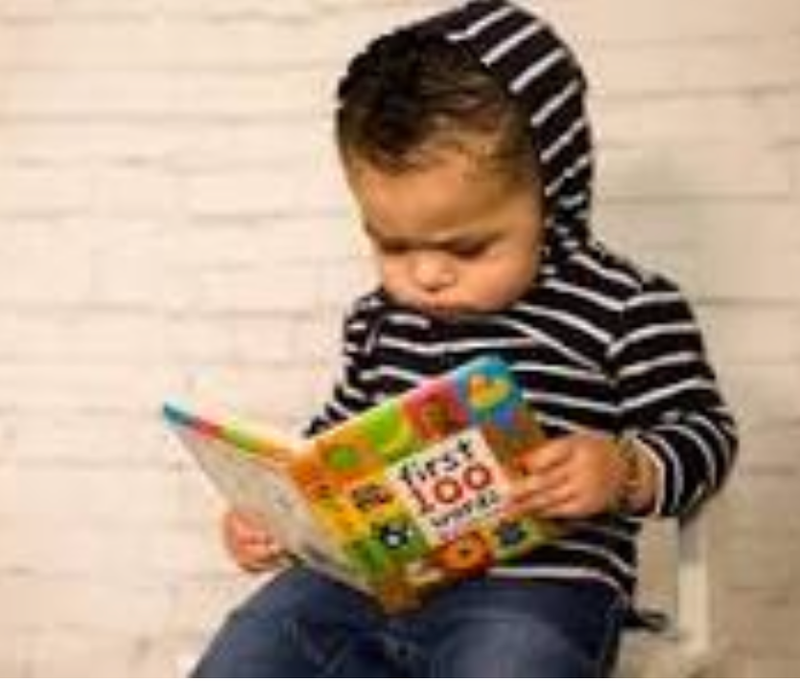
Books for Babies to 2nd grade
Here is a list of books recommended by Books for Schools and participants of Books Save Lives. Please email ideas for books that are interesting and relevant in English, Spanish, bilingual English/Spanish or bilingual English and other languages, especially languages with different orthographies.
Learn More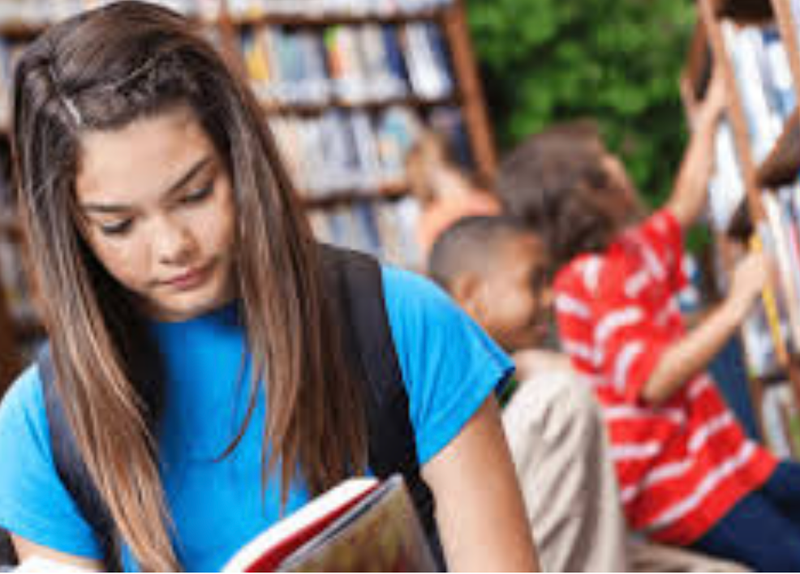
Books for Upper Elementary and Middle School
Here is a list of books recommended by Books for Schools and participants of Books Save Lives. Please email ideas for books that are interesting and relevant in English, Spanish, bilingual English/Spanish or bilingual English and other languages, especially languages with different orthographies.
Learn More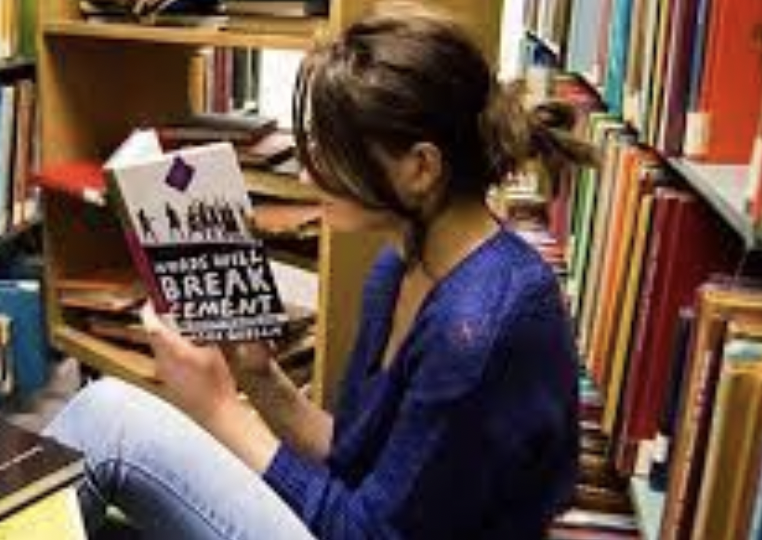
Books for High School and Adults
Here is a list of books recommended by Books for Schools and participants of Books Save Lives. Please email ideas for books that are interesting and relevant in English, Spanish, bilingual English/Spanish or bilingual English and other languages, especially languages with different orthographies.
Learn More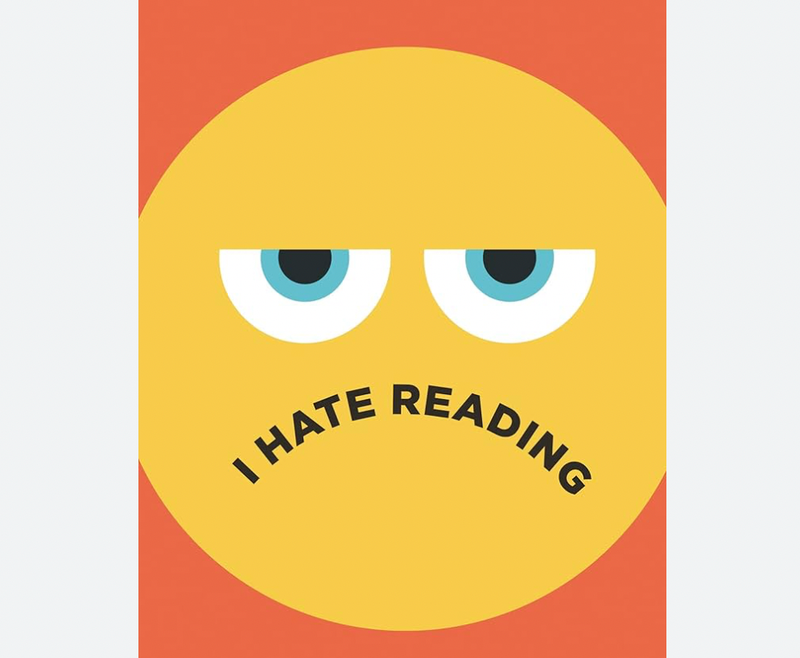
Books for Apprehensive Readers from 4th grade to High School
According to Daphne Russell of Books Save Lives, by using relevant and interesting books where young people know most of the words, they can become independent readers with a little support. (VISCERAL reading method) Here is a list of books that are written at the 2nd and 3rd grade reading levels that might be relevant to older (ages 10+) apprehensive readers. It's a great way to start and has taken much research to develop.
Learn More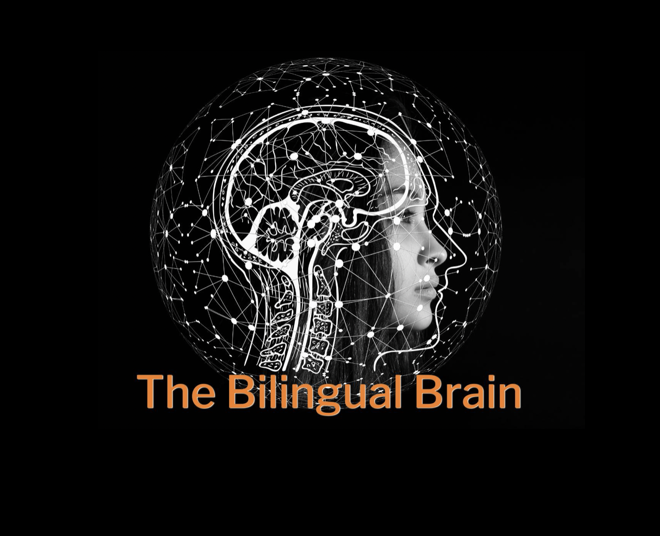
Bilingual Books
Bilingual books are powerful tools to improve two languages, create opportunities for cross-generational bonding and learning about other cultures. Libros bilingües son herramienta poderosa para mejor dos idiomas, crear oportunidades para vinculación entre generaciones y aprendiendo de otras culturas.
Learn More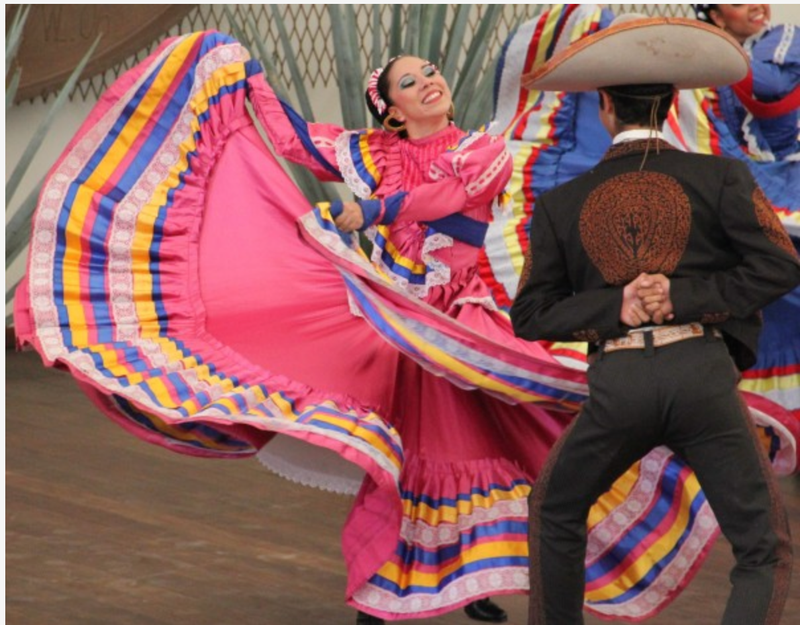
Libros en español
Revisa la lista de libros sugeridos por jóvenes y miembros de la comunidad.
Learn MoreJoin us
- 518 N Grand Avenue Nogales, Arizona 85621
- +1-520-470-9495 - Friends of the Library
- letsreadsantacruz@gmail.com
- Monday to Thursday 9am to 5pm Friday 9am to 4pm
